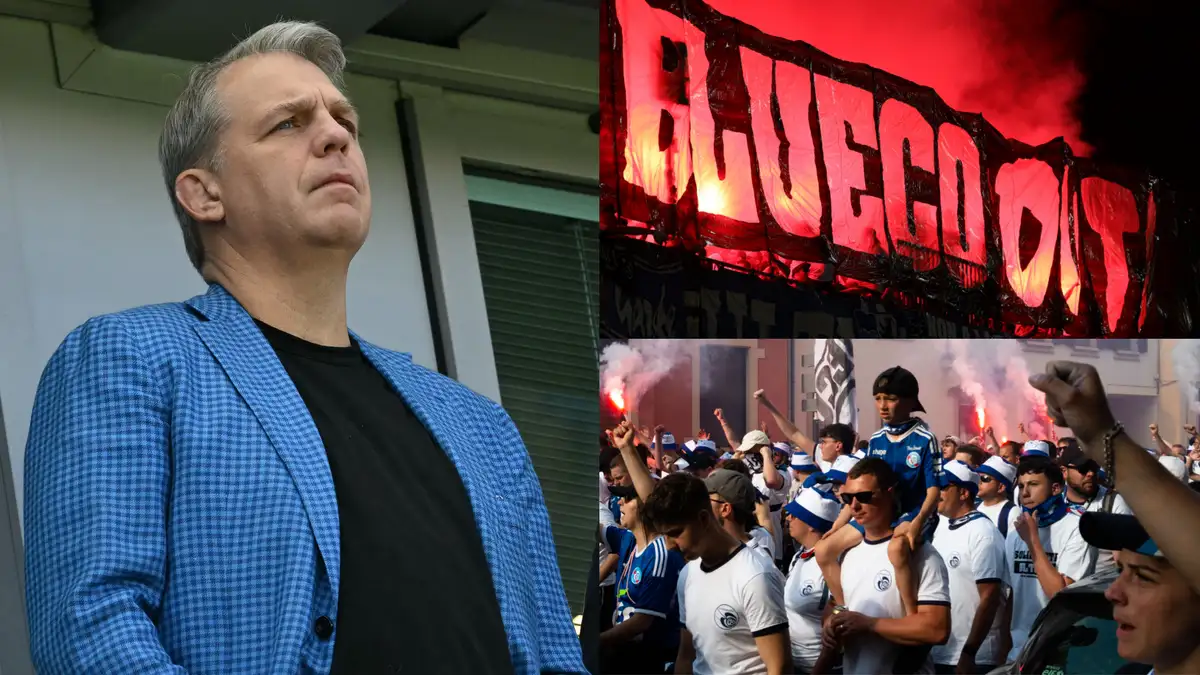
Chelsea Owners ‘Under Attack’ from Strasbourg Ultras as Diehard Fans Fume at Lack of ‘Independence’
A Growing Rift Between BlueCo and Strasbourg Supporters
When Chelsea’s owners, BlueCo, announced in June 2023 that they had secured a majority stake in French club Racing Club de Strasbourg Alsace, the move was framed as the next step in a modern football revolution. The idea, according to the executives, was simple: a global network of clubs that could benefit from shared resources, streamlined recruitment, and player development pathways.
Fast-forward a little over a year, and the reality in Strasbourg looks far less glossy. Despite a seventh-place finish in Ligue 1 last season — a success by many measures, bringing European football back to the Meinau Stadium — the relationship between the club’s diehard fans and Chelsea’s hierarchy has soured to the point of open hostility.
The Ultras, particularly the influential Ultra Boys 90, have once again issued a scathing statement condemning the ownership structure, accusing Chelsea of stripping their club of its independence and turning it into nothing more than a “fast-food franchise” in the service of Premier League giants.
What Happened: The Roots of Frustration
The anger did not come out of nowhere. Since BlueCo’s takeover, Chelsea have already sent several young prospects to Strasbourg on loan. Names like Mamadou Sarr, Kendry Páez, and Mike Penders may excite Chelsea fans curious about the next generation, but in Strasbourg, these moves feel like evidence of an uncomfortable truth: the club no longer decides purely in its own interests.
For a fan base that prides itself on its independence, history, and vibrant local culture, the sense of being reduced to a development outpost for a London-based superclub is intolerable. Strasbourg supporters don’t see Páez as a symbol of ambition — they see him as a pawn in Chelsea’s vast chessboard of talent stockpiling.
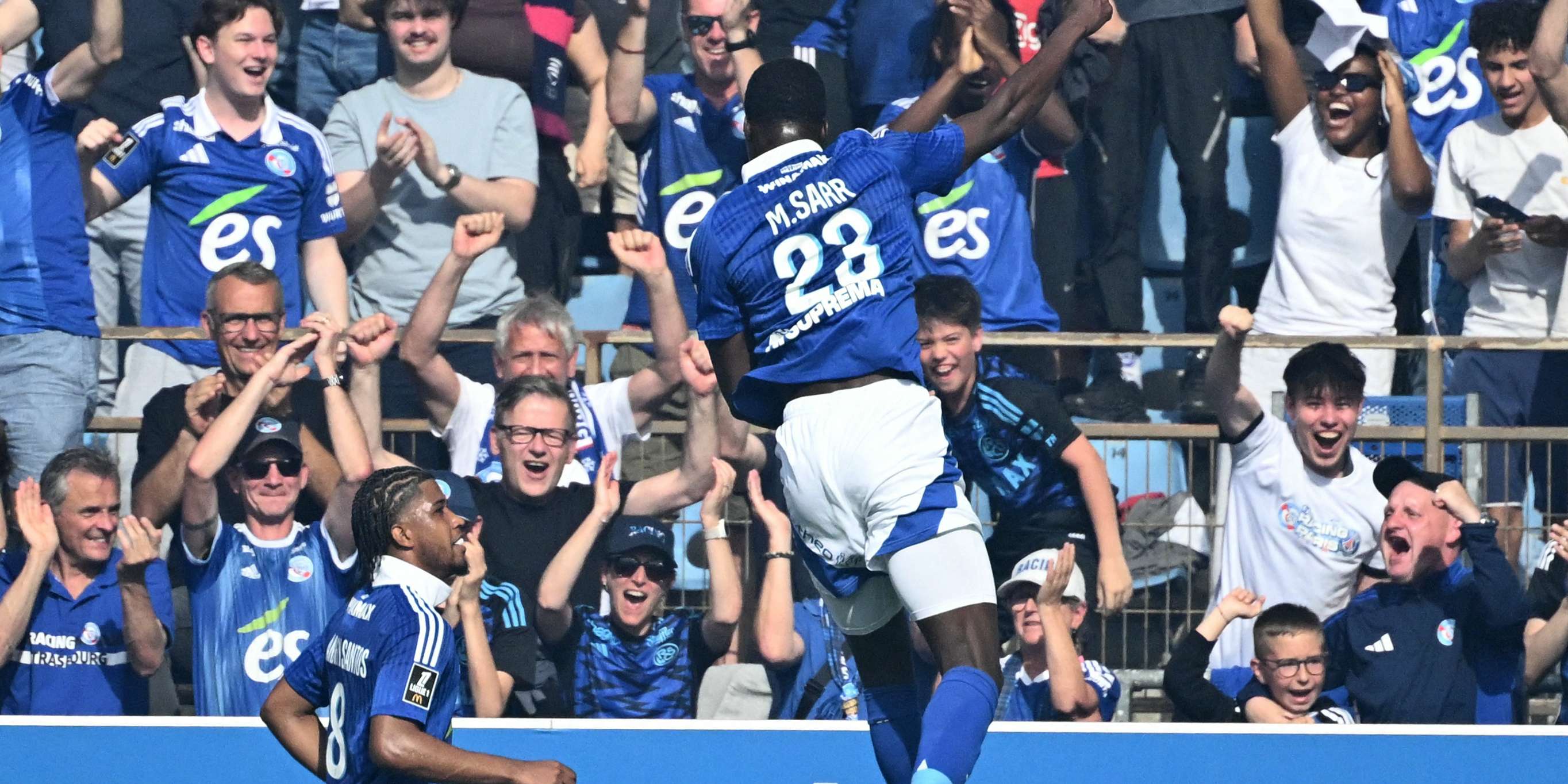
CORRECTION / FBL-FRA-LIGUE1-STRASBOURG-PSG
The Bigger Picture: A Clash of Cultures
The Ultra Boys’ latest statement pulls no punches. They argue that Strasbourg has ceased to operate as a truly independent club, claiming:
“The transfer window carried out so far proves to the point of absurdity that Racing is no longer a club that makes decisions in its own interest. On the contrary, we are witnessing a headlong rush where Chelsea is calling the shots to the detriment of our club’s independence.”
For them, this is not just about a few loan signings. It’s about the fundamental fabric of football itself. They see timeshare ownership — the model in which one ownership group controls multiple clubs — as a “destructive logic” that erodes identity, weakens traditions, and reduces proud institutions into little more than interchangeable assets.
The language they use is striking, almost political in tone: “authentic football is dying,” they claim. For Strasbourg’s Ultras, their fight is not merely about results on the pitch but about defending the idea of what a football club should represent.
Why Strasbourg Fans Feel Betrayed
Strasbourg’s identity is deeply intertwined with the city itself. Located in Alsace, the club has always symbolized resilience and local pride, often punching above its weight in French football. The Meinau Stadium is not just a place to watch games; it’s a meeting point of culture, history, and passion.
That sense of belonging now feels under threat. When Ultras see Chelsea logos attached to their club’s announcements or loan deals dictated from London, they fear the loss of the very thing that makes Strasbourg unique. It’s not that they oppose investment or ambition — many welcomed the prospect of financial stability after years of ups and downs. What they reject is the idea of being a subsidiary.
Chelsea’s Perspective: Building a Global Empire
From Chelsea’s standpoint, the Strasbourg partnership makes perfect sense. In an increasingly competitive transfer market, having a European outpost is invaluable. It allows them to send promising youngsters to gain top-flight experience without the pressure of the Premier League spotlight.
For example, Kendry Páez, hailed as one of South America’s brightest teenage stars, will find opportunities at Strasbourg he might not immediately get in England. Chelsea argue this is mutually beneficial: Strasbourg gain talented players, while Chelsea ensure their investments are nurtured.
On paper, it’s a win-win. But as the Ultra Boys remind everyone, football is not just about spreadsheets.
Ultras Strike Back: “A Model Like Fast-Food Franchises”
The harshest criticism in the Ultra Boys’ statement is their comparison of modern football ownership to fast-food chains. For them, clubs are being reduced to “franchises” where the unique flavor of local culture is replaced by a bland, globalized product.
“We have always defended a deeply rooted, grassroots football, driven by vibrant stands and a unique history. Today, they are trying to impose a model on us where clubs are run like fast-food franchises.”
The metaphor resonates because it captures a deep fear among traditional supporters: that their beloved clubs will lose individuality and soul in pursuit of commercial efficiency.
Silence in the Stands: A Protest That Speaks Volumes
As symbolic acts go, the Ultra Boys’ 15-minute silence at home games is powerful. For a club known for its electric atmosphere, for chants that echo across Alsace, the sudden absence of noise is deafening.
The silence is not apathy. It’s a deliberate choice to highlight their anger. It reminds everyone — from players on the pitch to executives in the boardroom — that without the fans, football loses its heartbeat.
And the Ultras have vowed to continue this silence “until further notice.”
What This Means for French Football
Strasbourg are not the only French club caught in this tug-of-war between tradition and globalization. Across Europe, more and more historic clubs are becoming parts of multi-club networks. Red Bull with Leipzig and Salzburg. City Football Group with Manchester City, Girona, and others. And now Chelsea’s BlueCo with Strasbourg.
Each time, the same questions arise: Who really makes the decisions? Where does the club’s identity begin and end? And what happens when results temporarily mask the deeper issues?
Strasbourg’s Ultras want to keep these questions alive, even as the team enjoys Europa League football.
What Next?
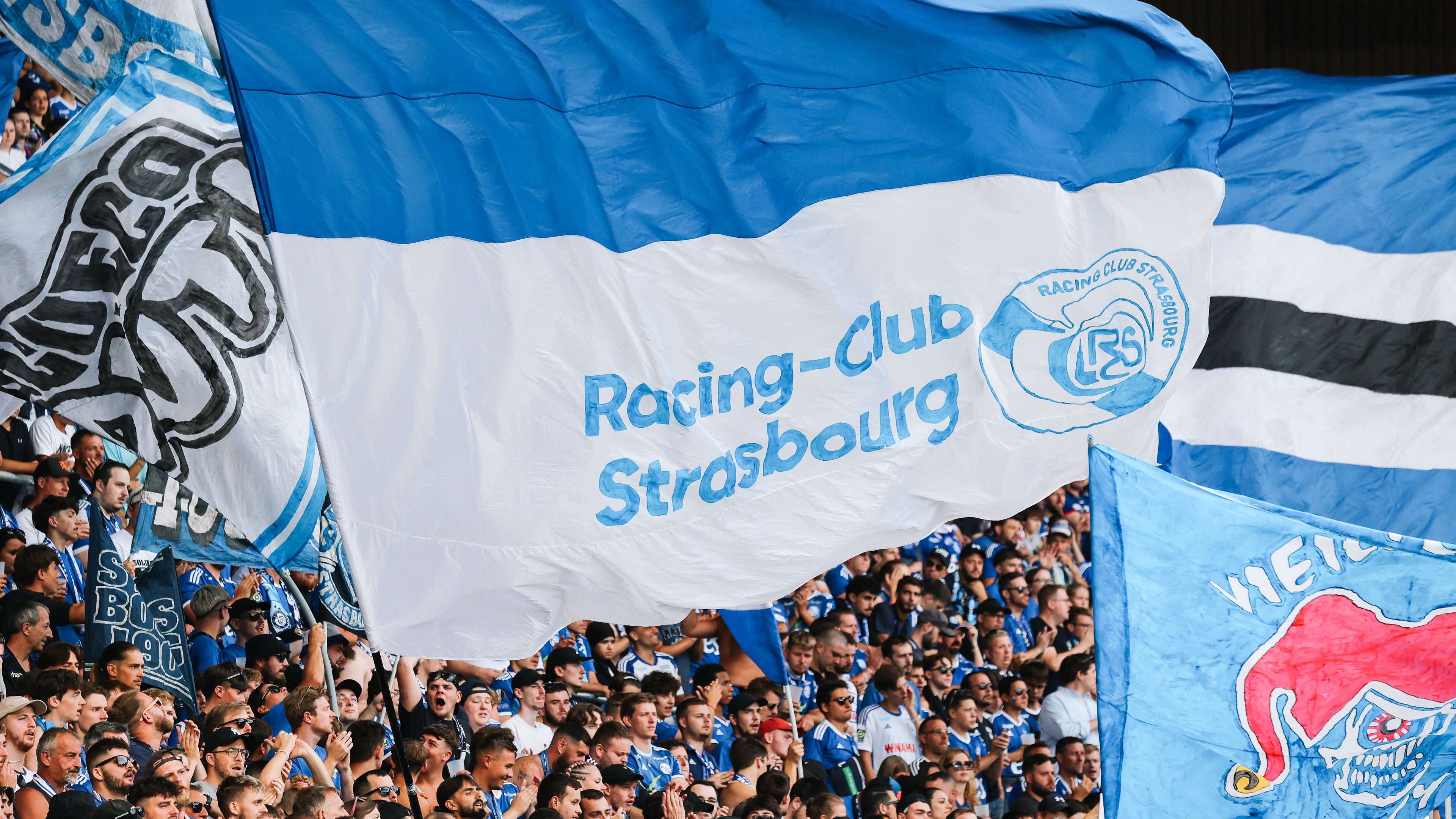
FBL-FRA-LIGUE1-STRASBOURG-RENNES
Chelsea owners may dismiss the Ultras’ protests as background noise, but ignoring them could be risky. French supporters are known for their ability to organize, mobilize, and influence club politics. What starts as silence in the stands can escalate into boycotts, demonstrations, or worse.
Meanwhile, Strasbourg’s players and coaching staff find themselves caught in the middle. On one hand, they are grateful for the resources and talent arriving from Chelsea. On the other, they understand the deep unease in the stands.
For now, the Ultras have made one thing clear: their fight is not short-term. Whether Strasbourg qualify for Europe again or struggle in mid-table, their protests will continue until they feel their independence is respected.
Final Thoughts: Independence vs. Integration
The saga of Chelsea and Strasbourg is more than a story of transfers and loan deals. It’s a battle over the soul of football.
Chelsea’s owners see logic, efficiency, and global reach. Strasbourg’s Ultras see intrusion, erasure, and the death of authenticity.
Who is right? Perhaps both. Multi-club ownership is the direction football is heading, whether fans like it or not. But without the buy-in of supporters, even the most carefully designed models risk backlash.
For now, Strasbourg remains caught between two worlds: one where success on the pitch suggests progress, and another where silence in the stands tells a very different story.
And as the Ultra Boys continue their fight, their message rings louder than any chant: independence matters.

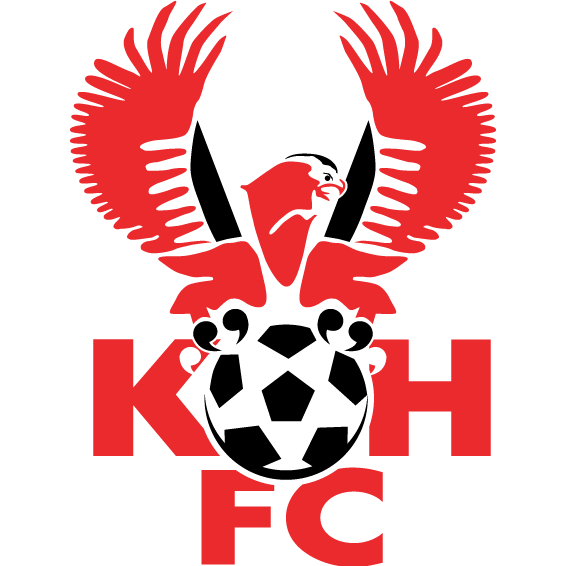
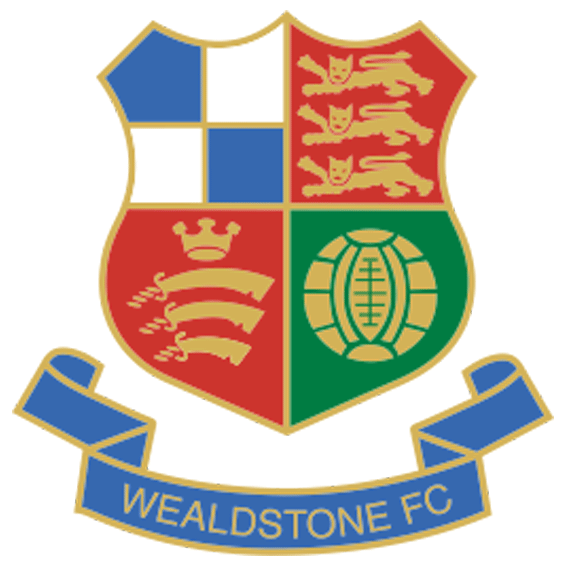
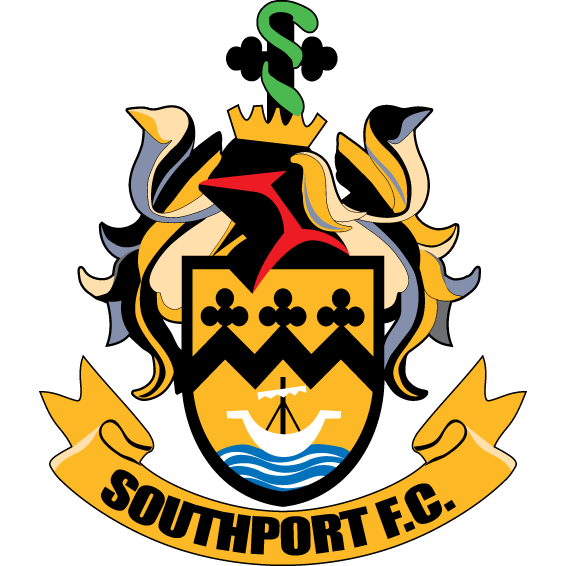
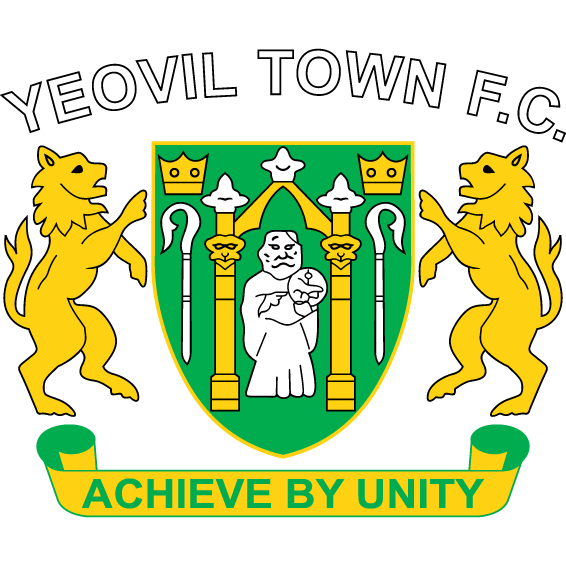

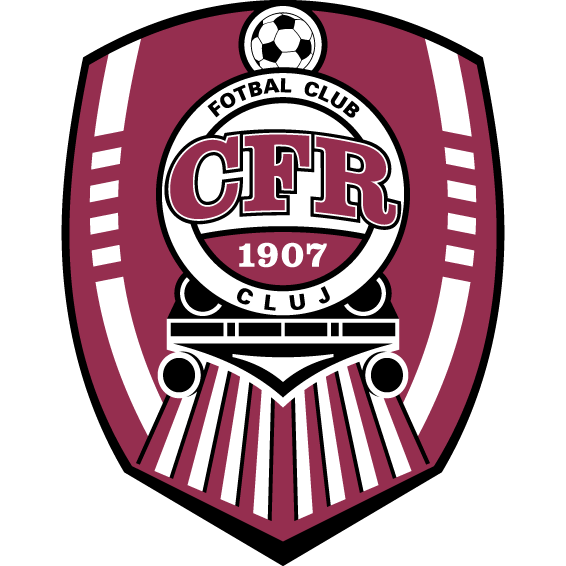
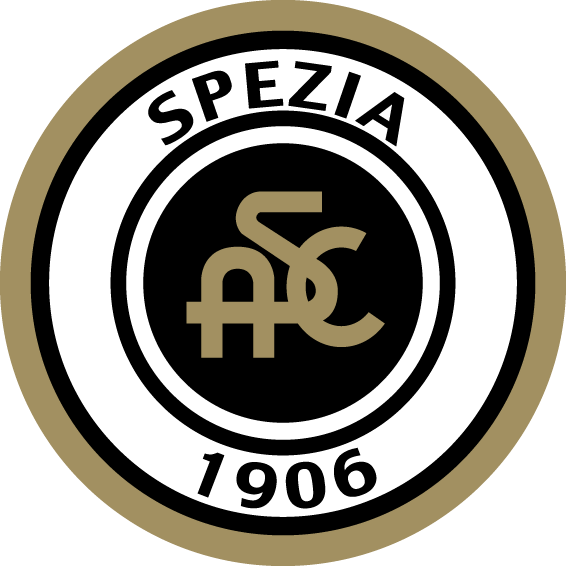
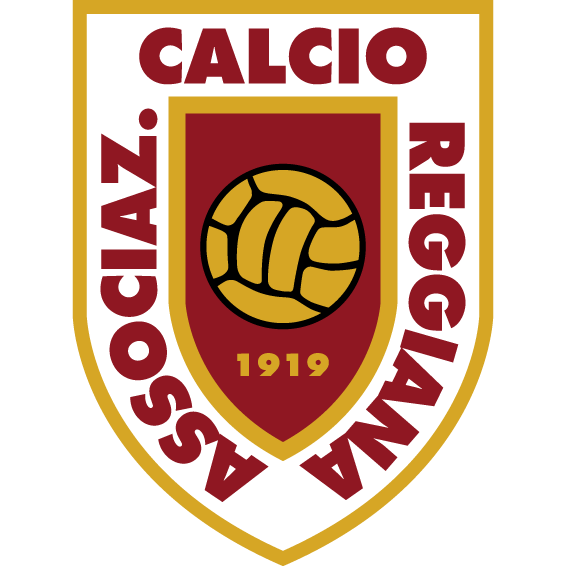
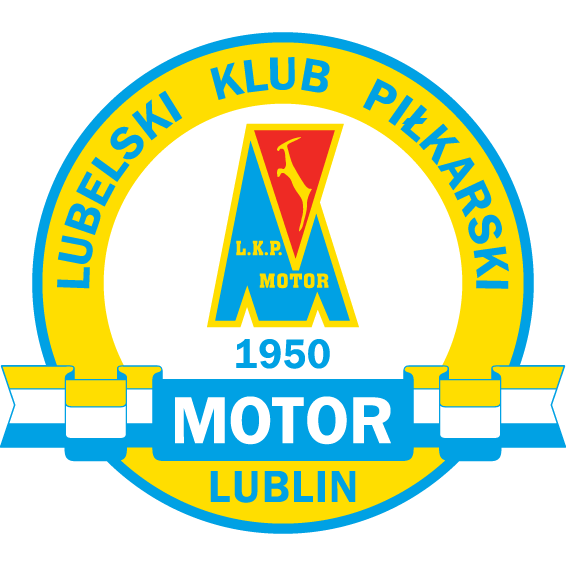
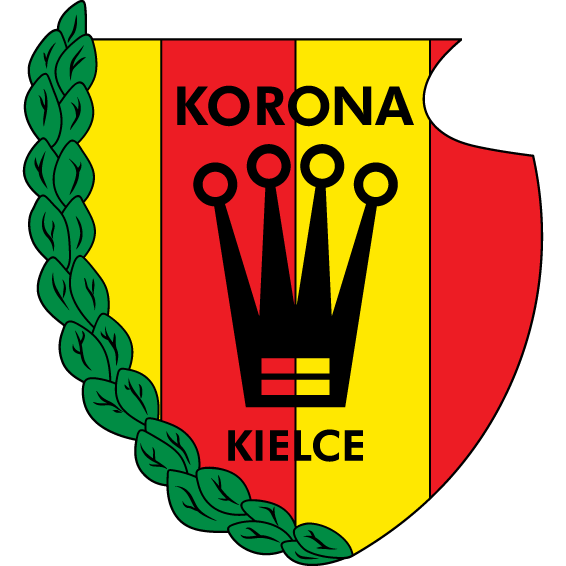
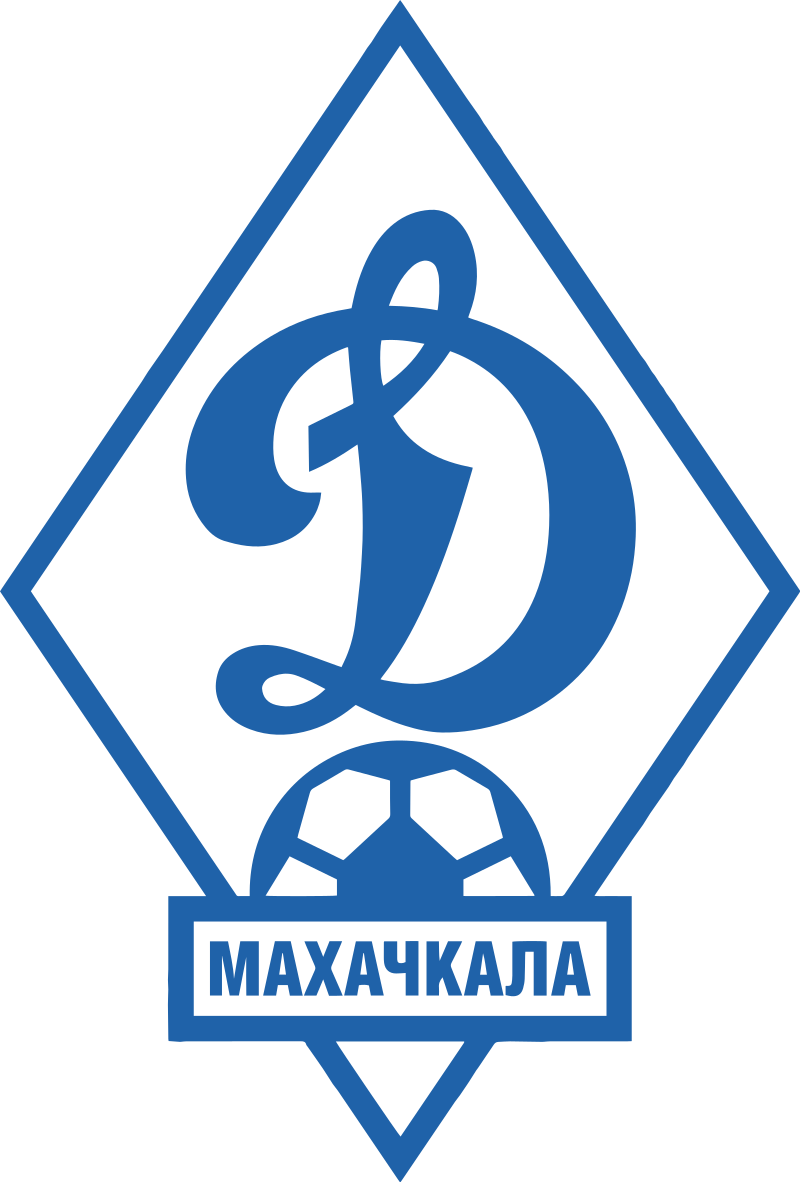
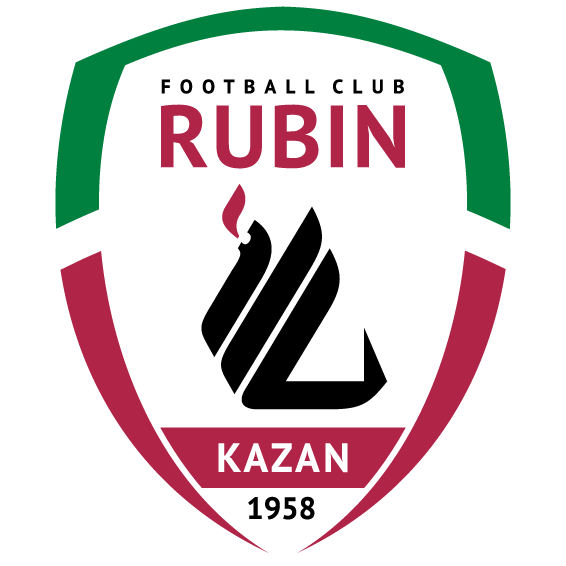
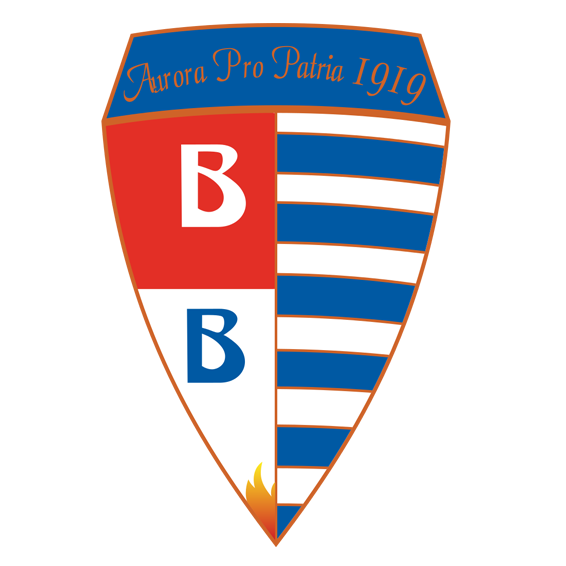
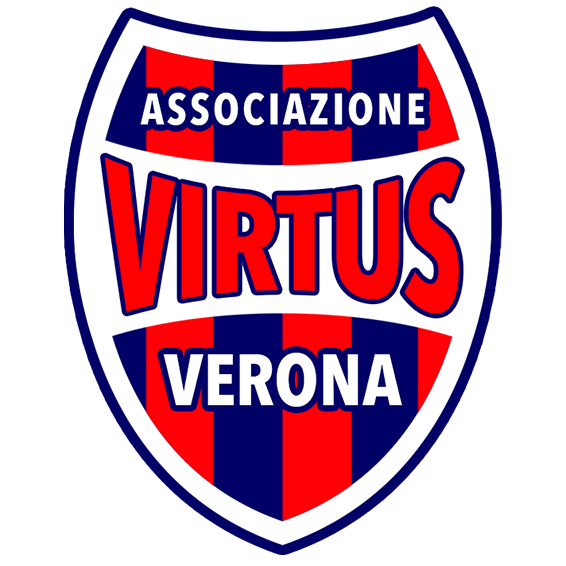
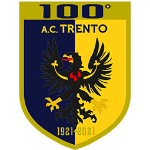
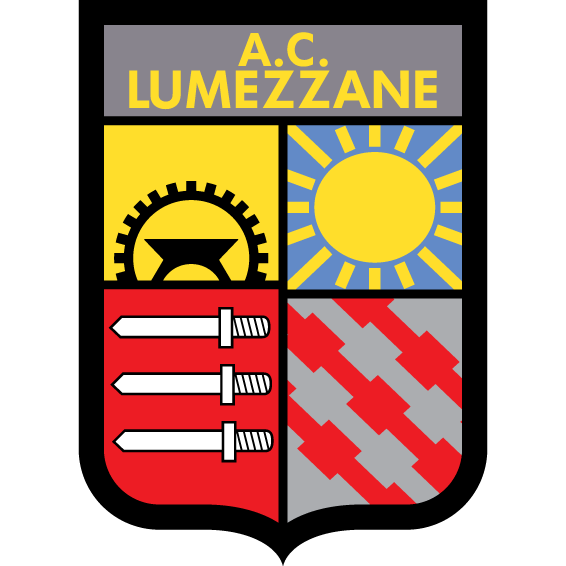
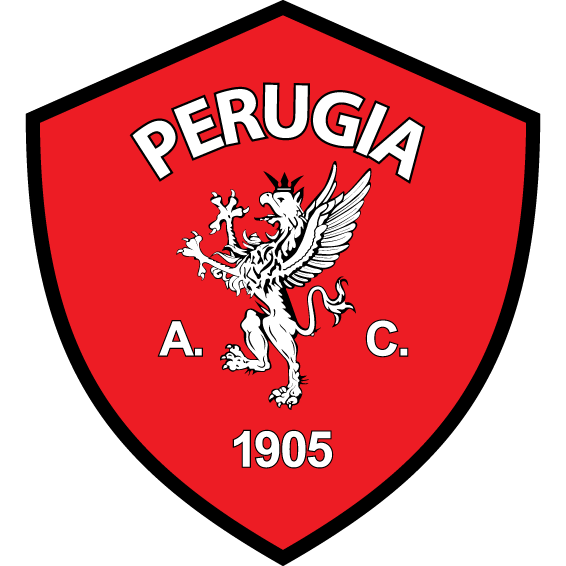

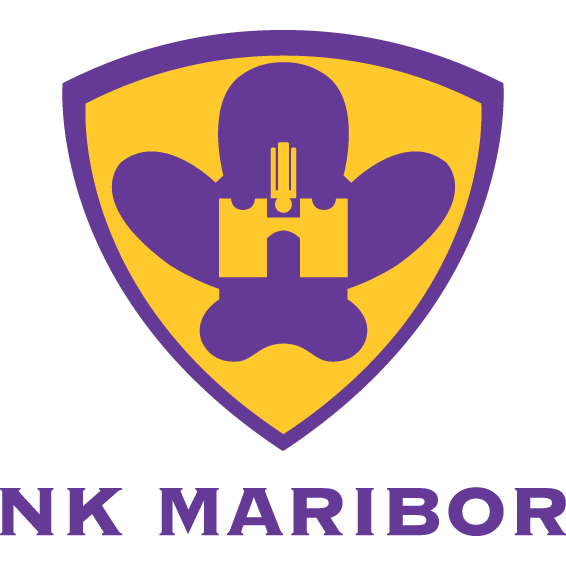
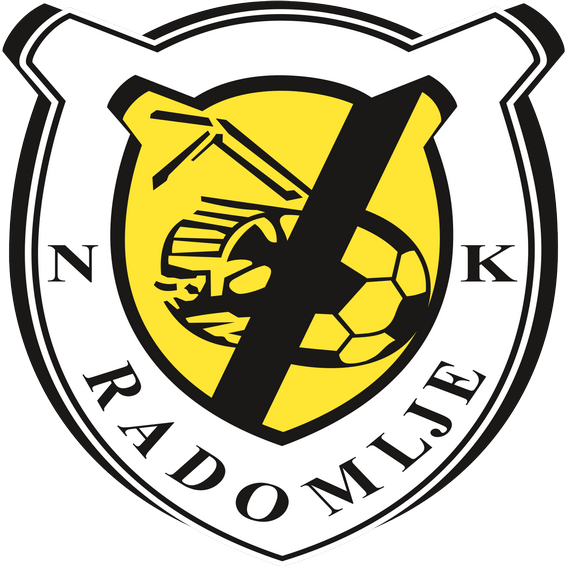
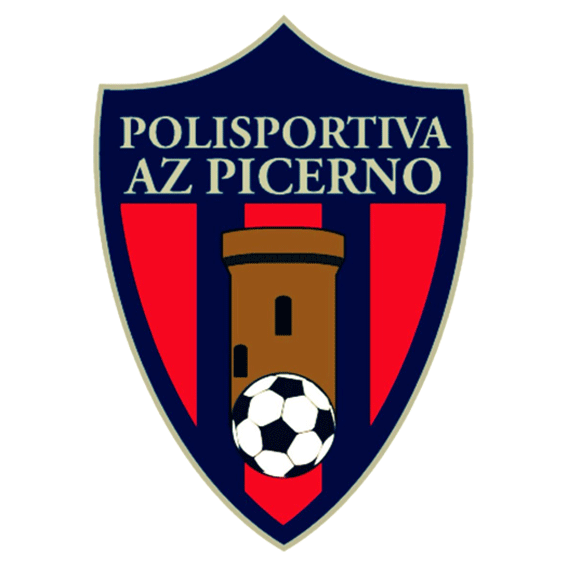
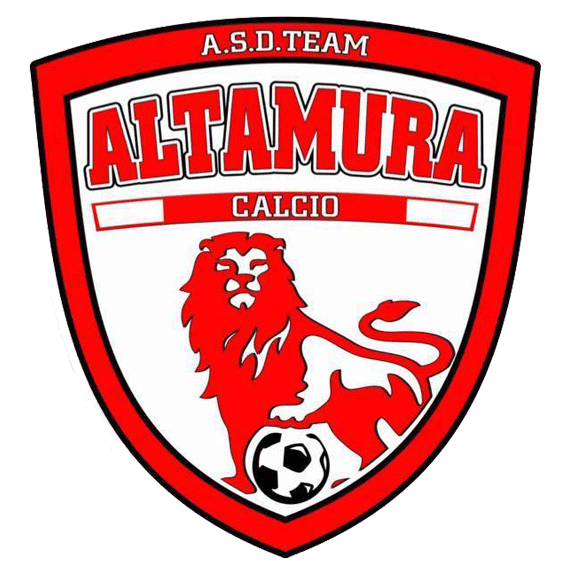
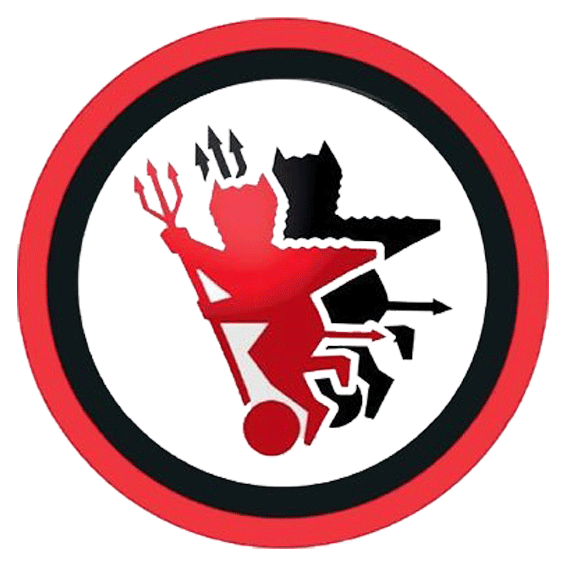
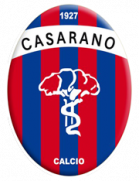
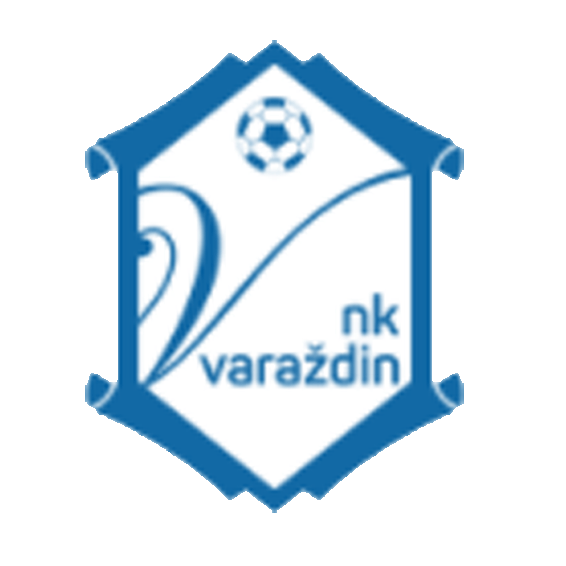
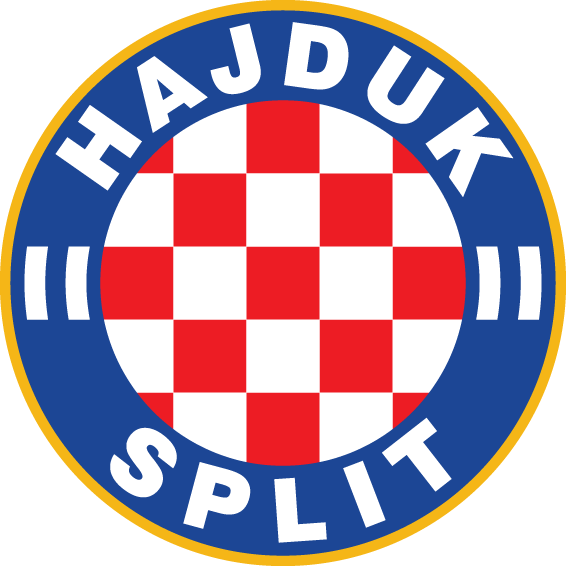
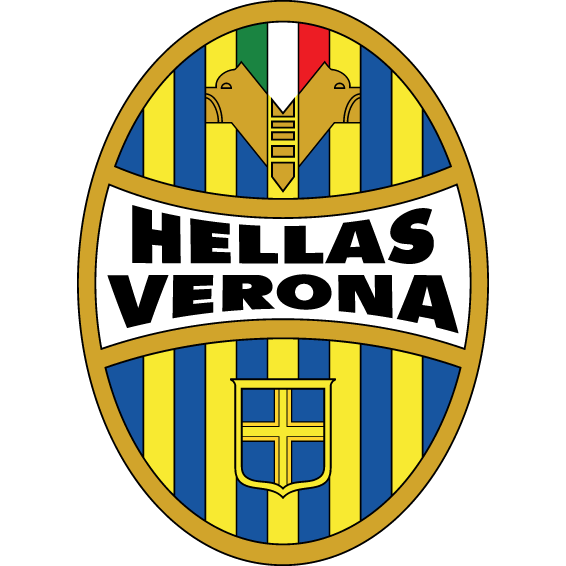

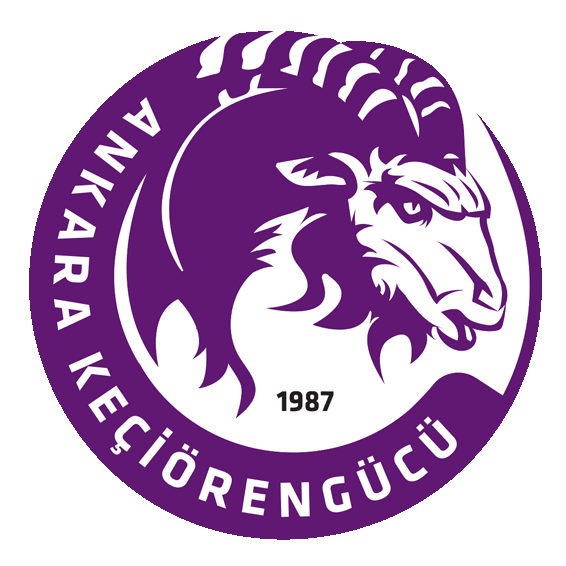
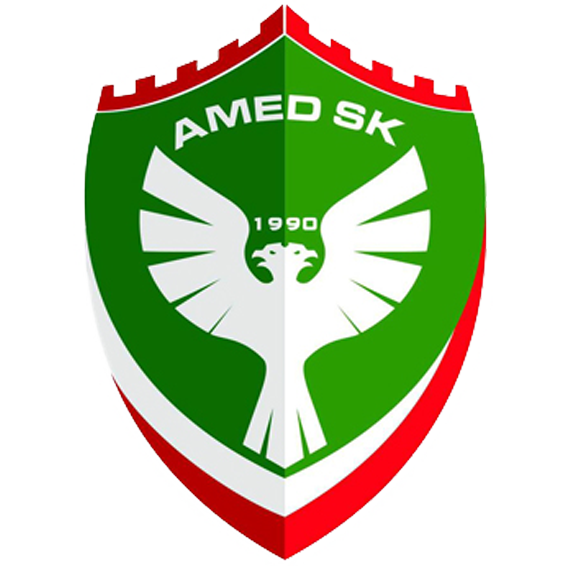
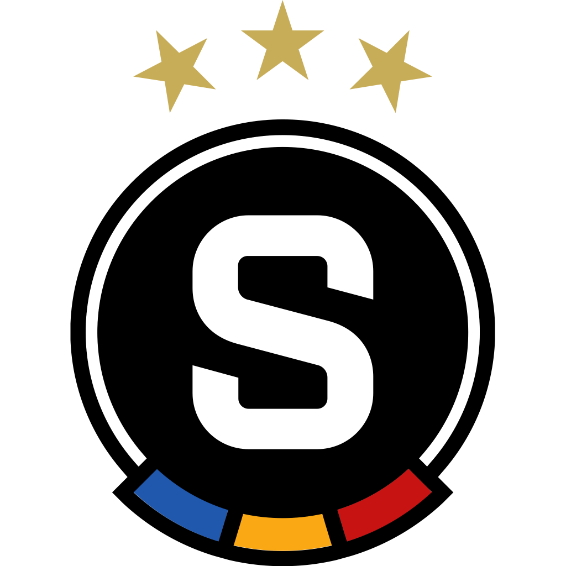
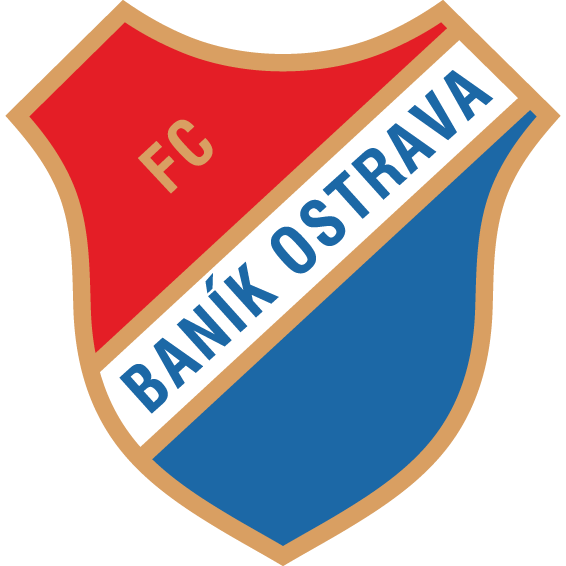
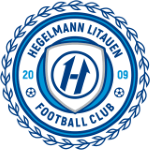
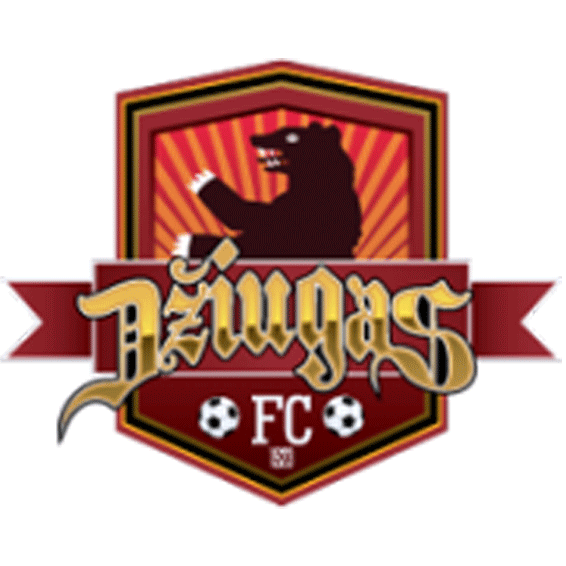
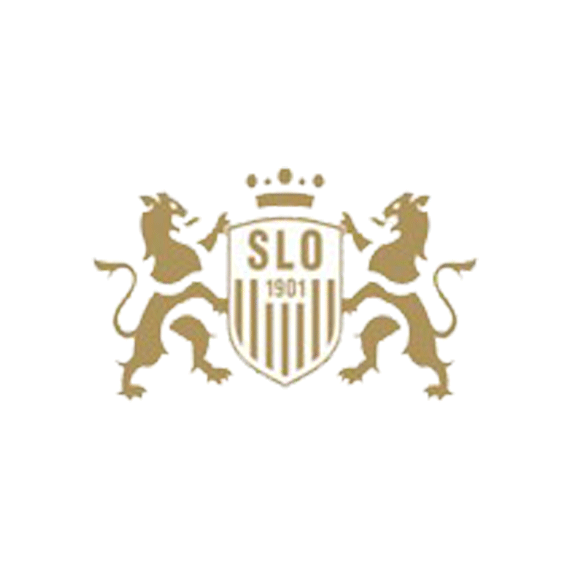
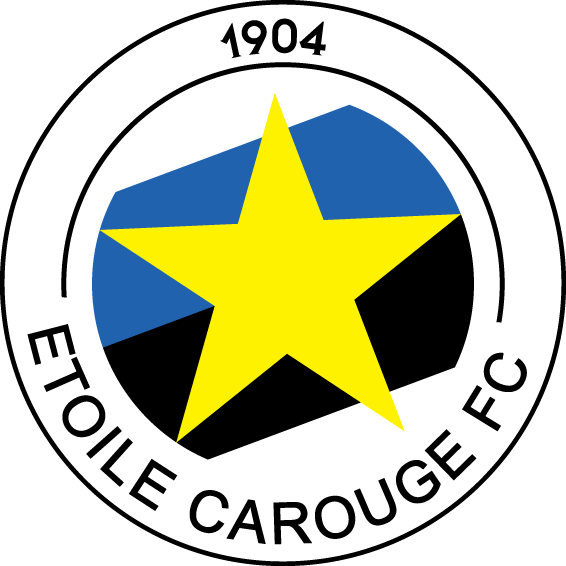

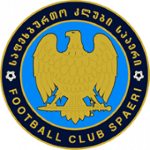
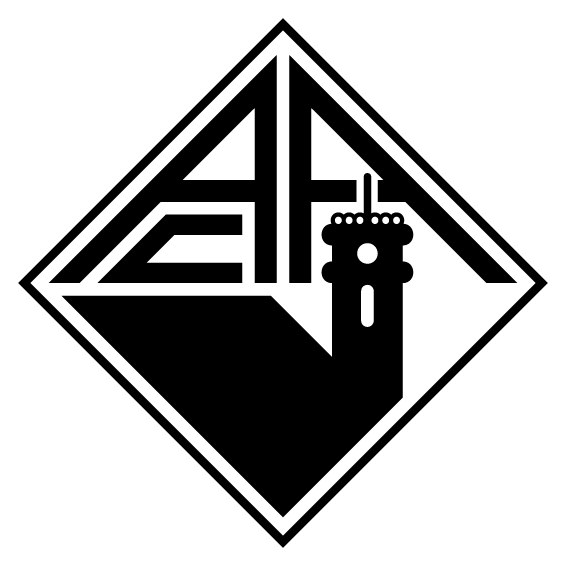
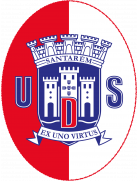
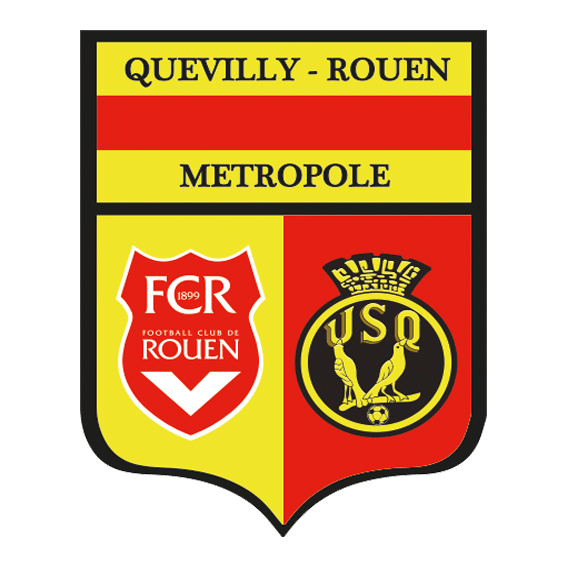
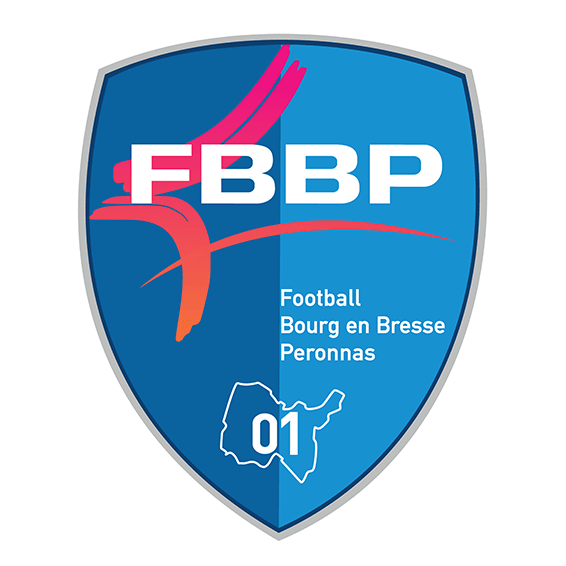
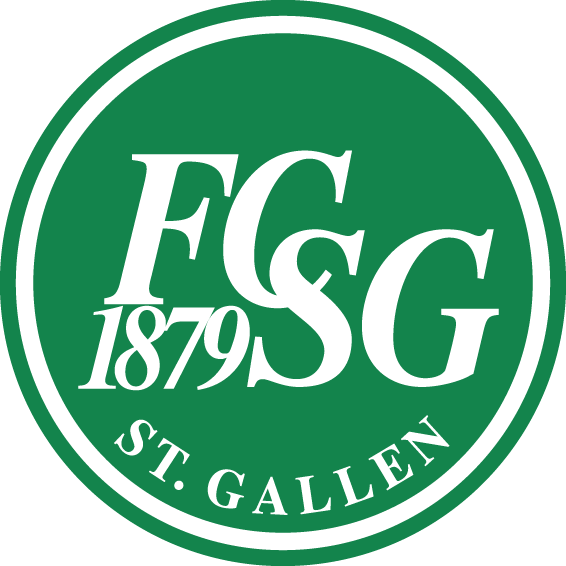
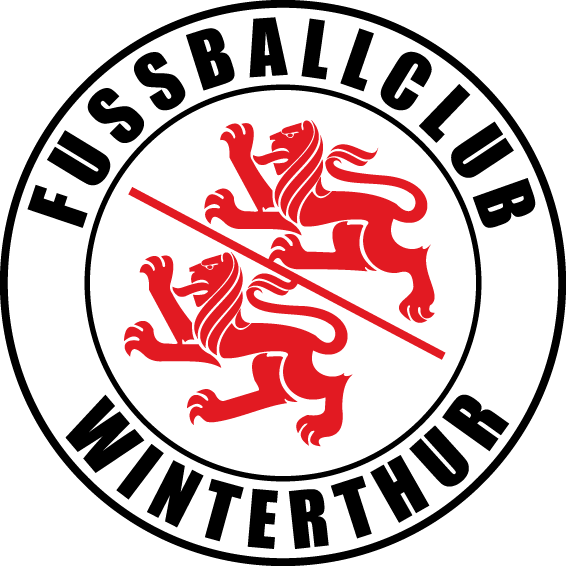
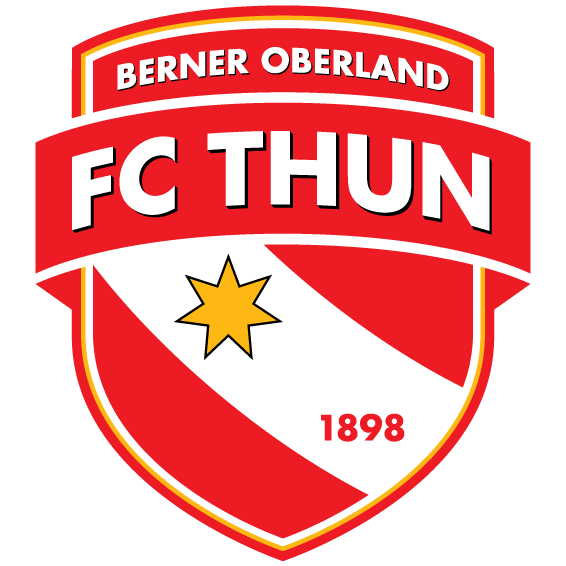
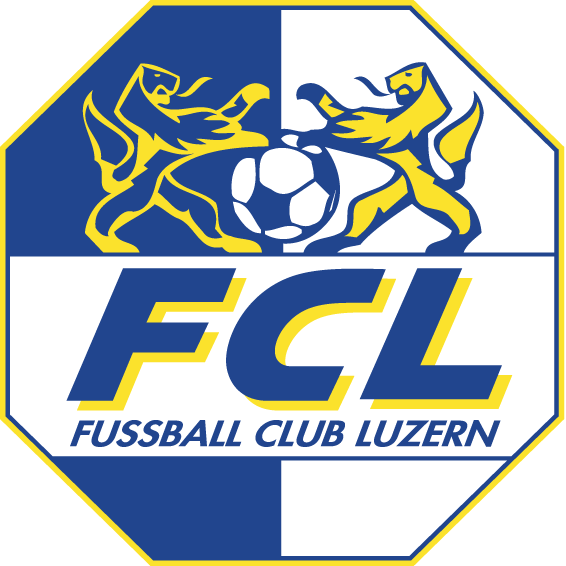
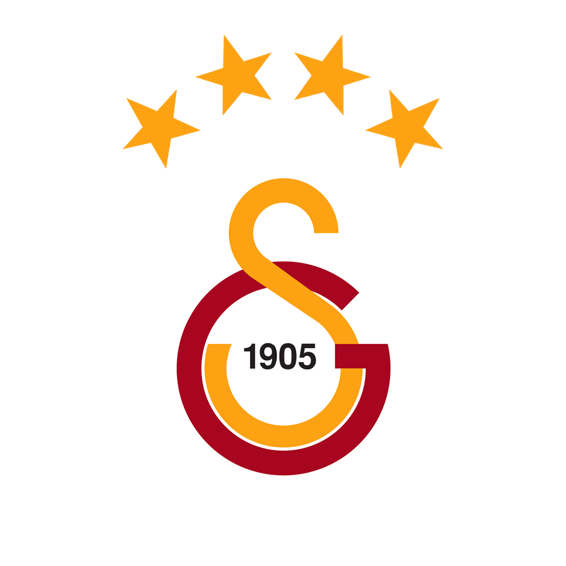
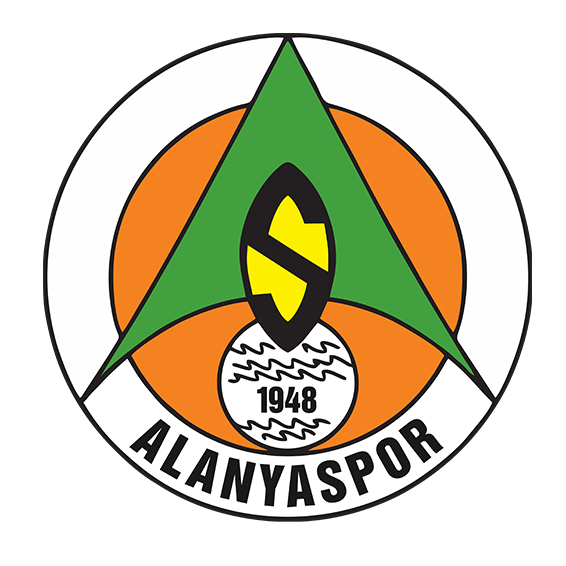
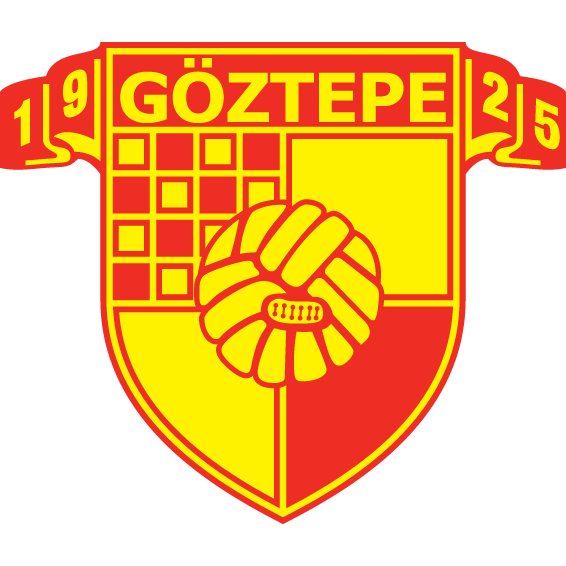
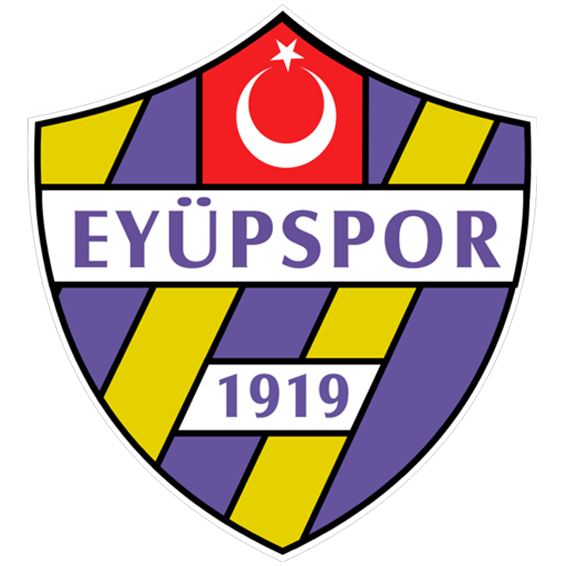
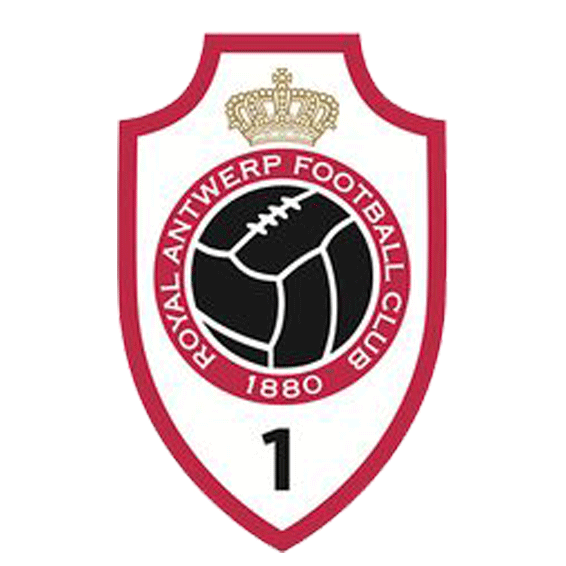
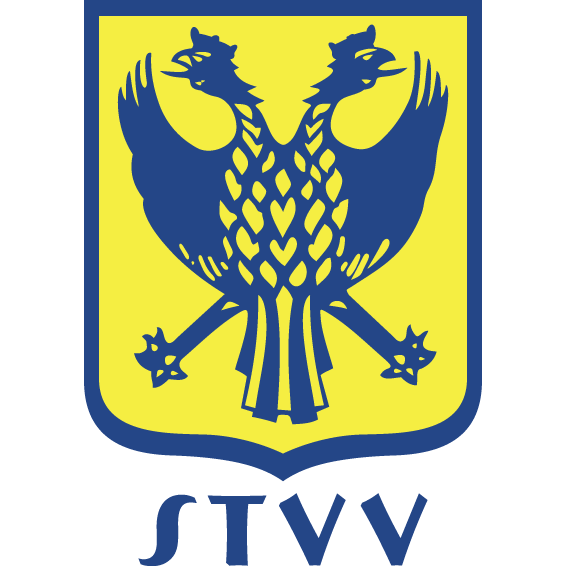
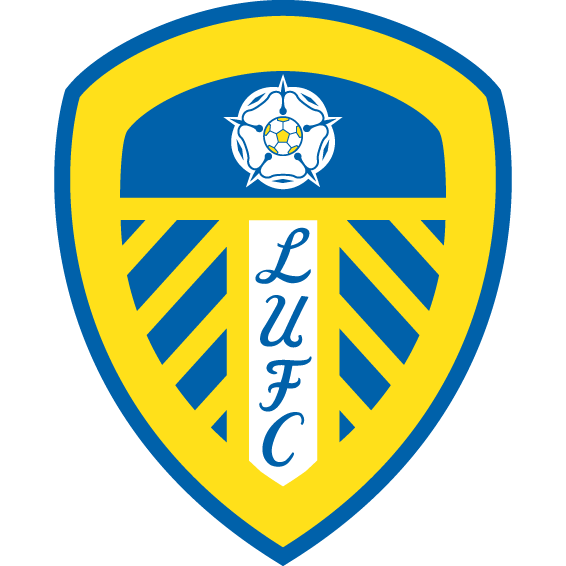
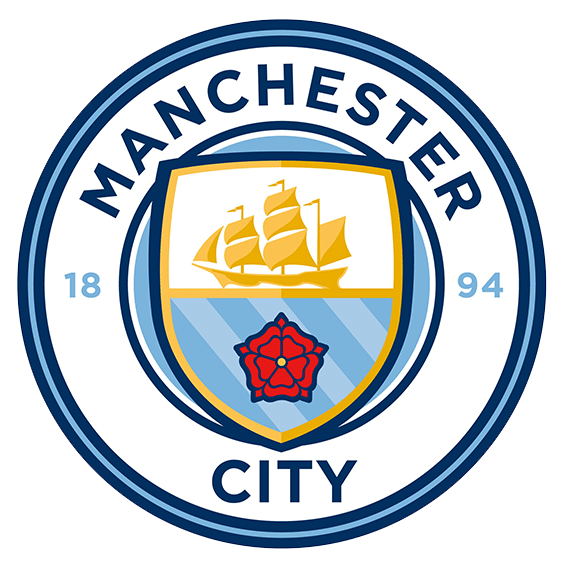
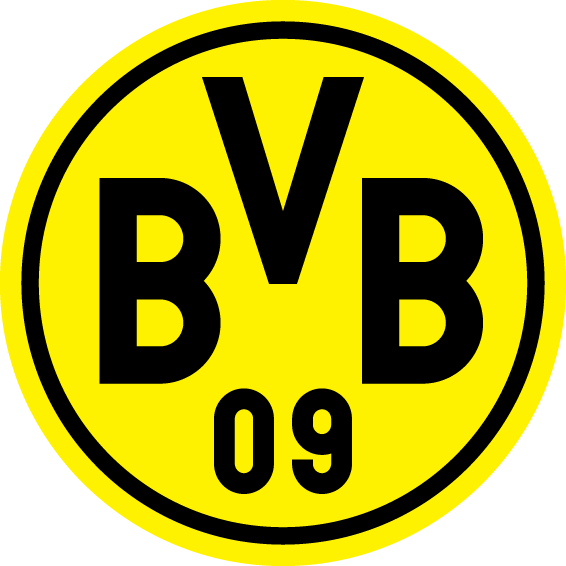
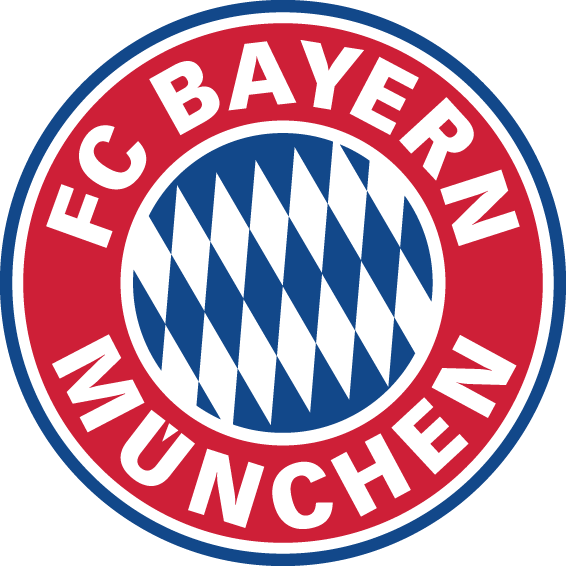
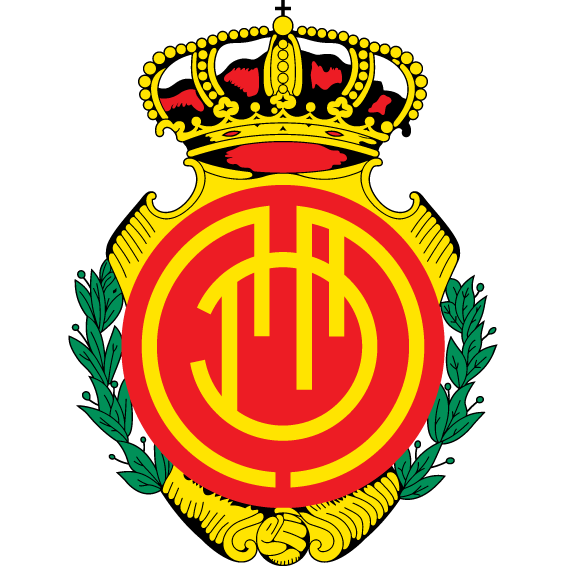
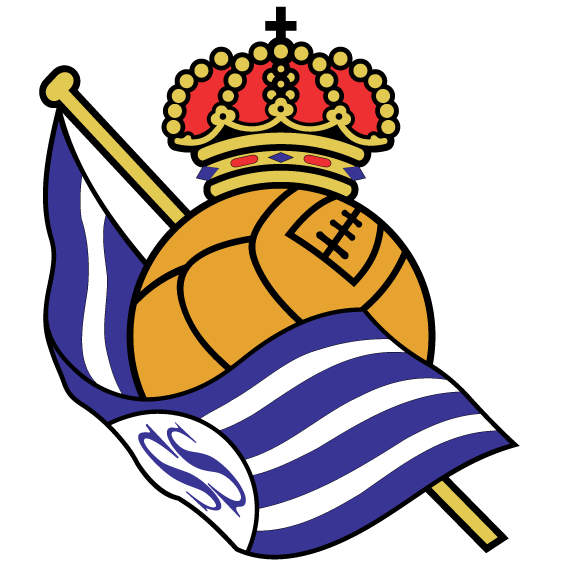
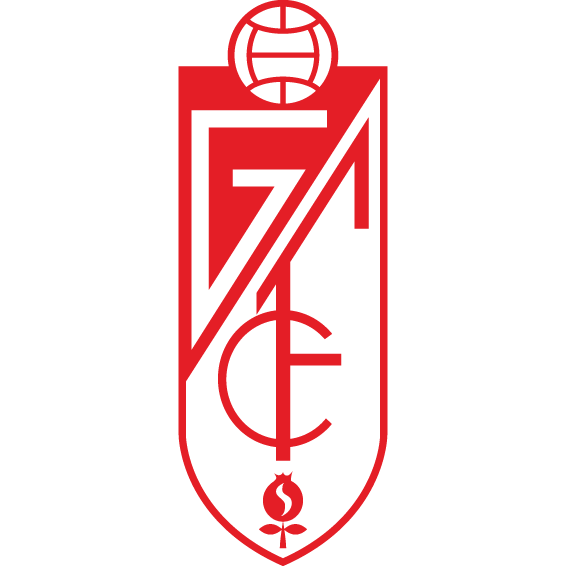
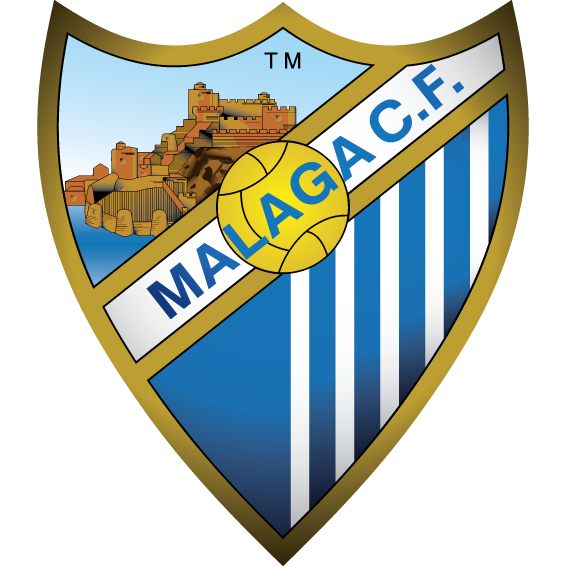
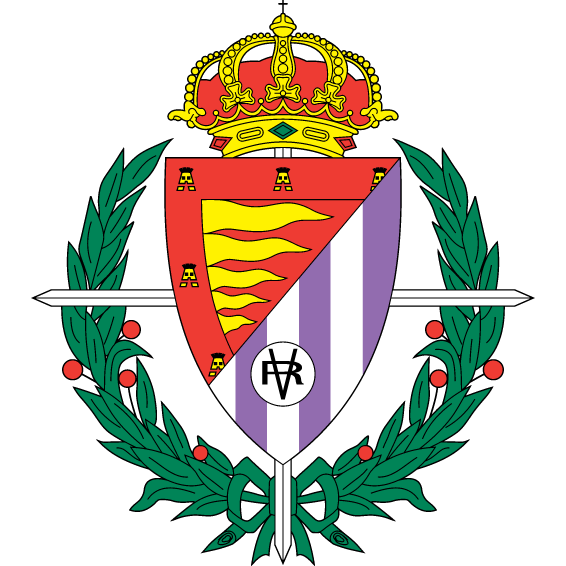
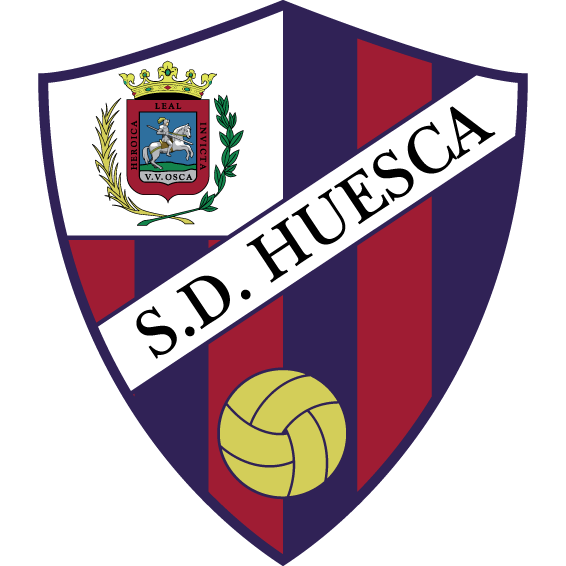
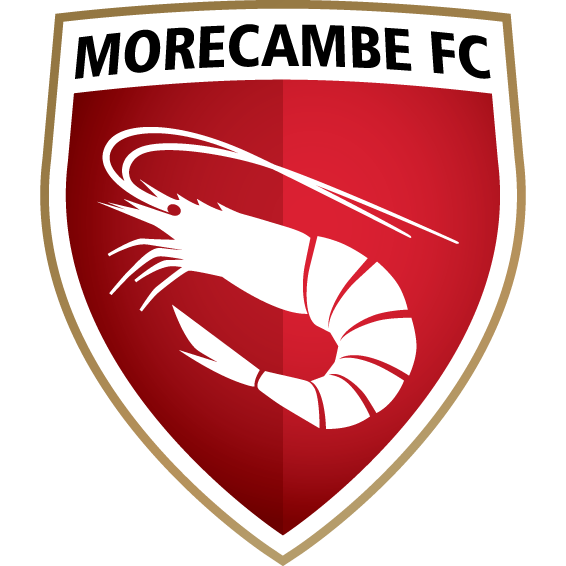
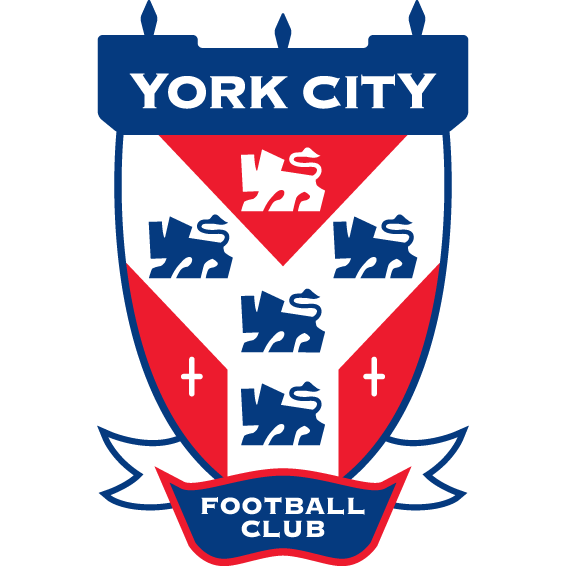
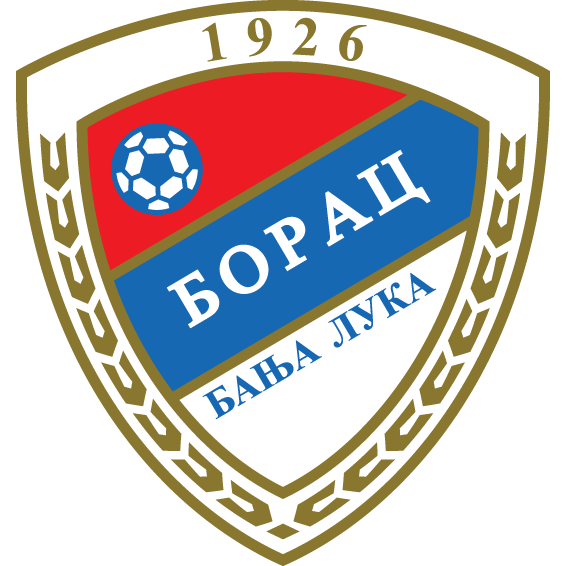
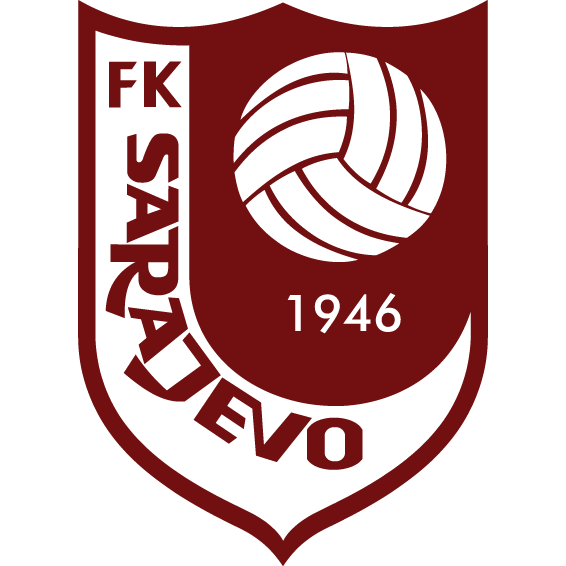

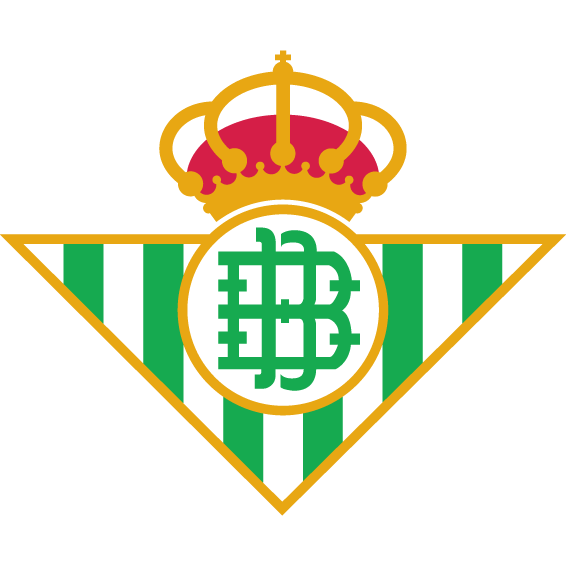
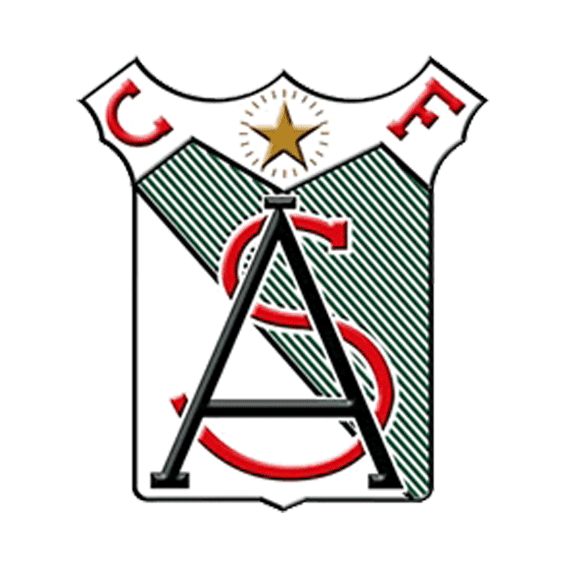
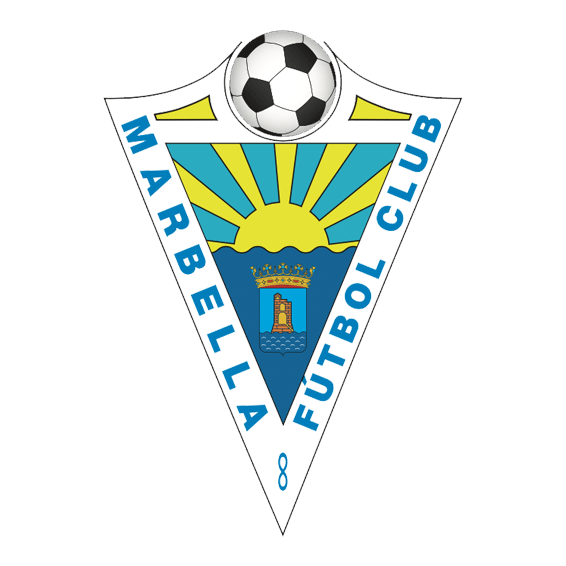
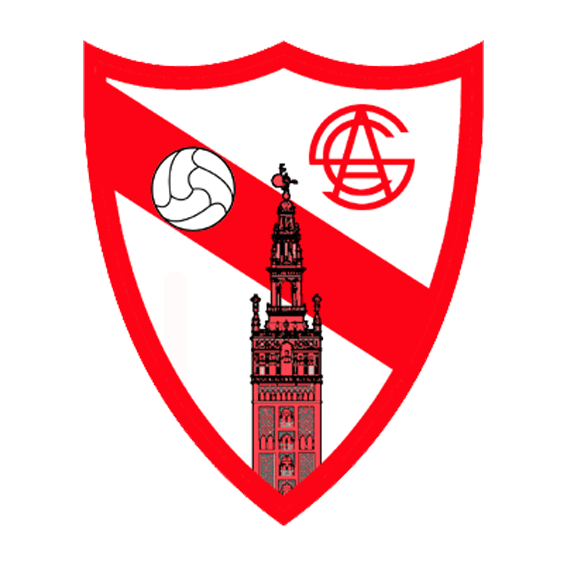
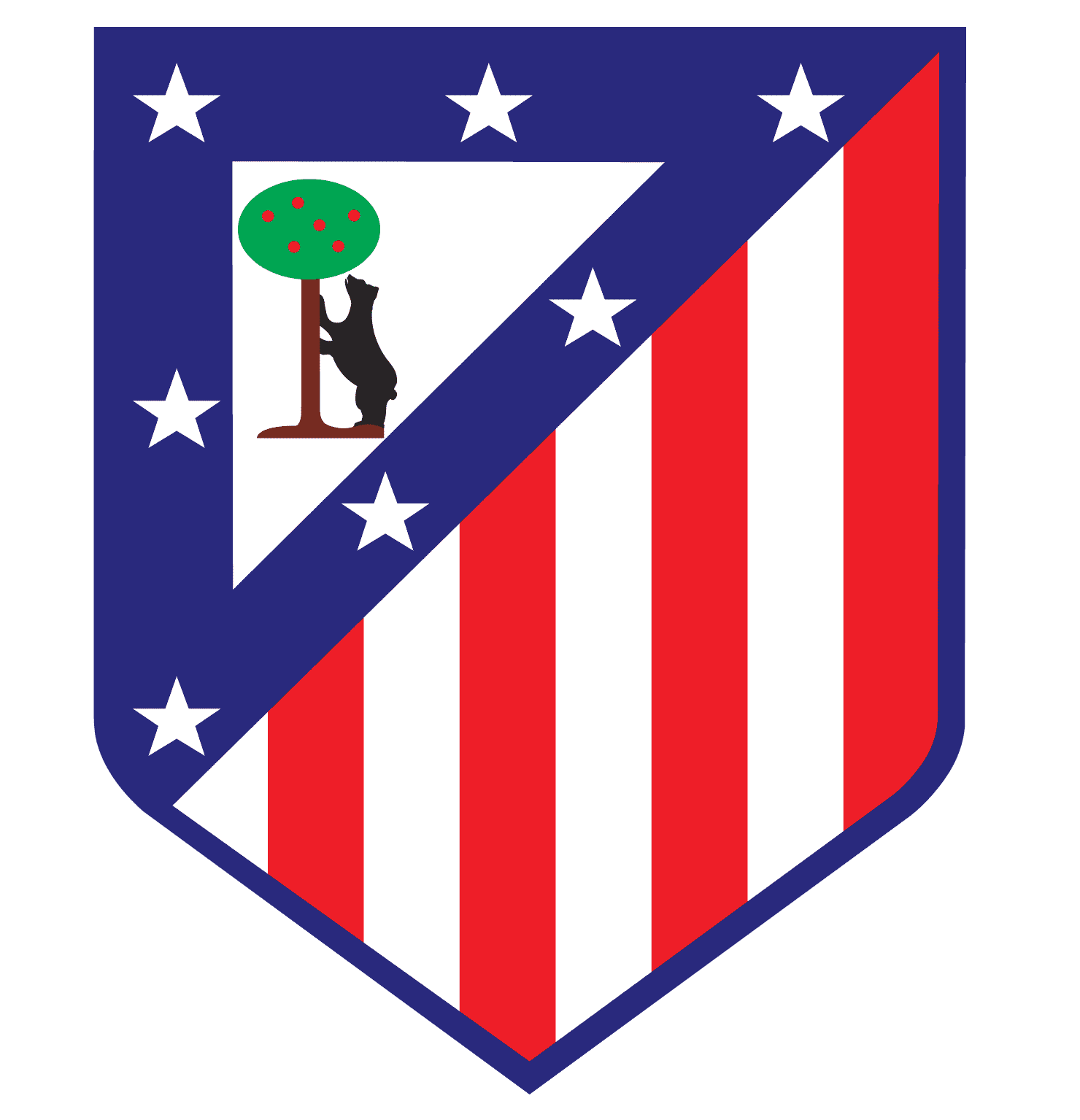
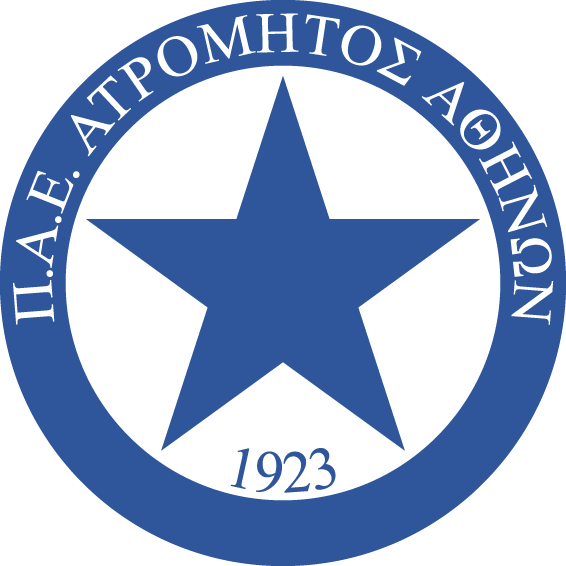
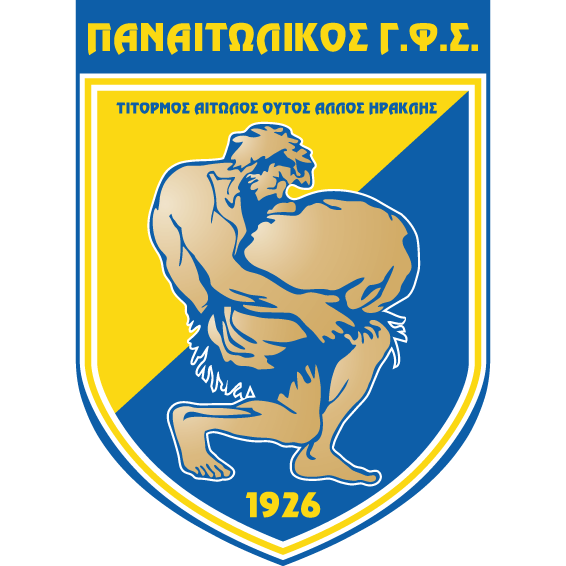
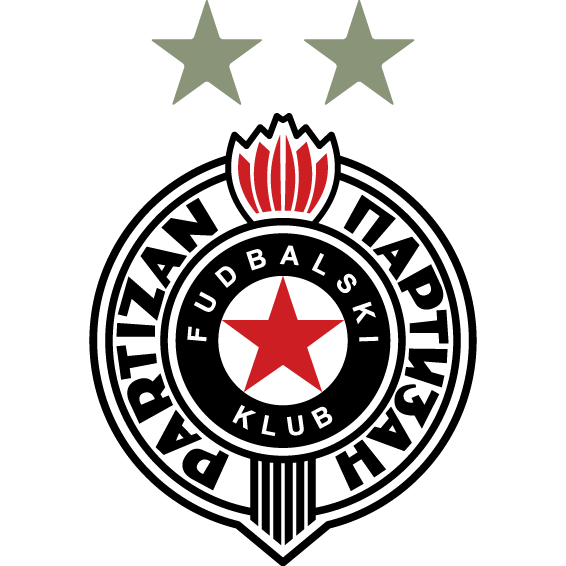
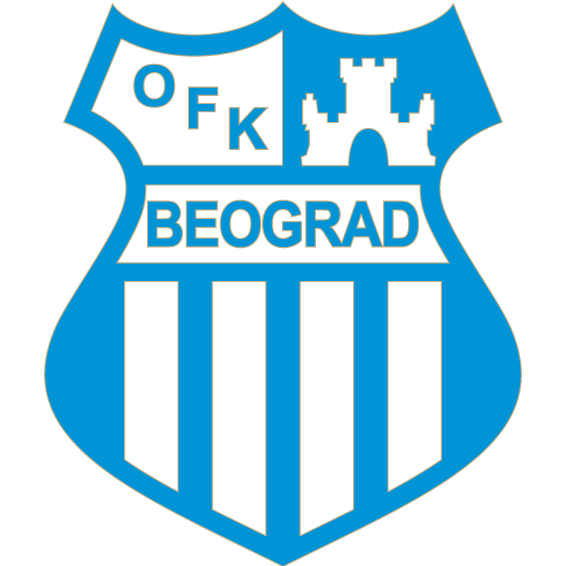
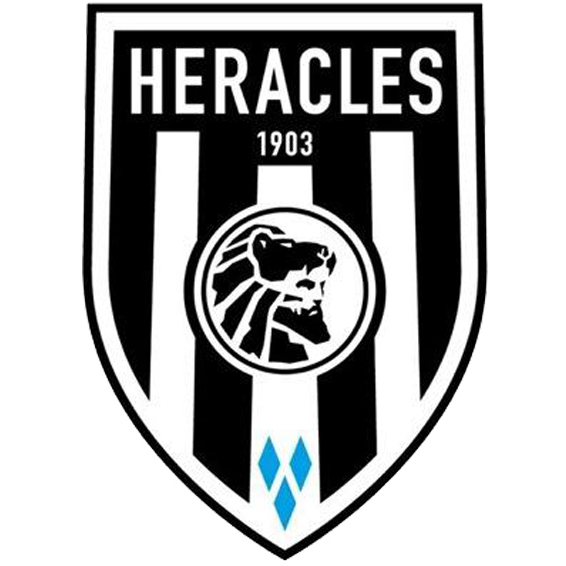
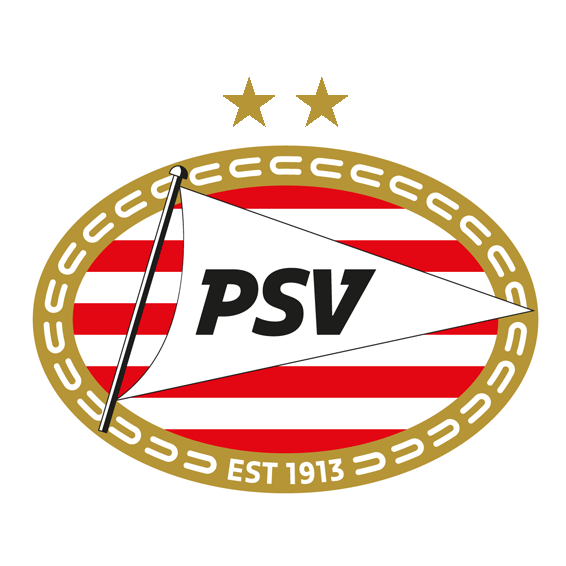
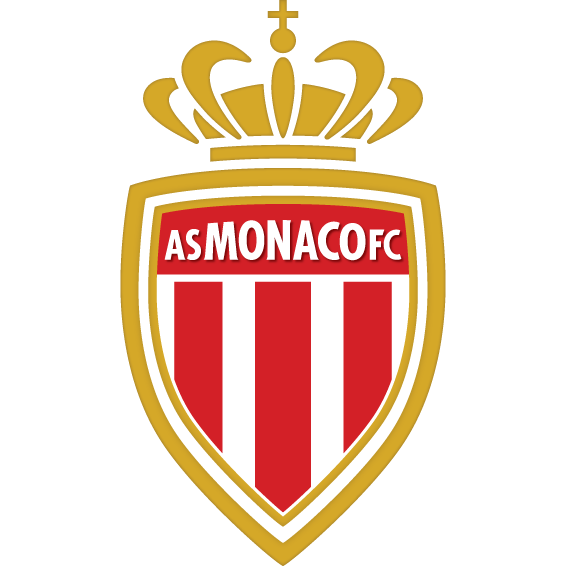
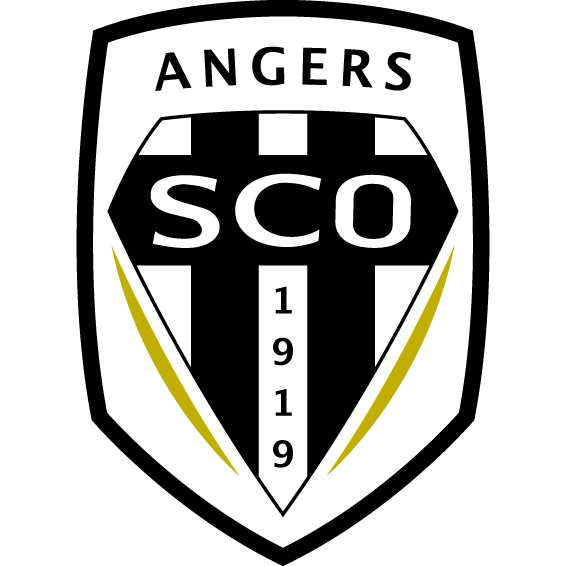
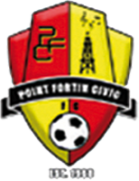
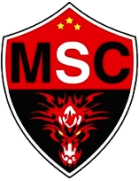
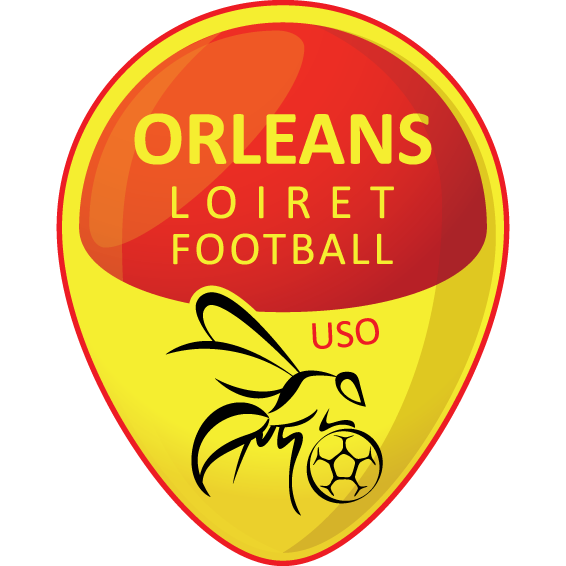
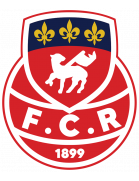
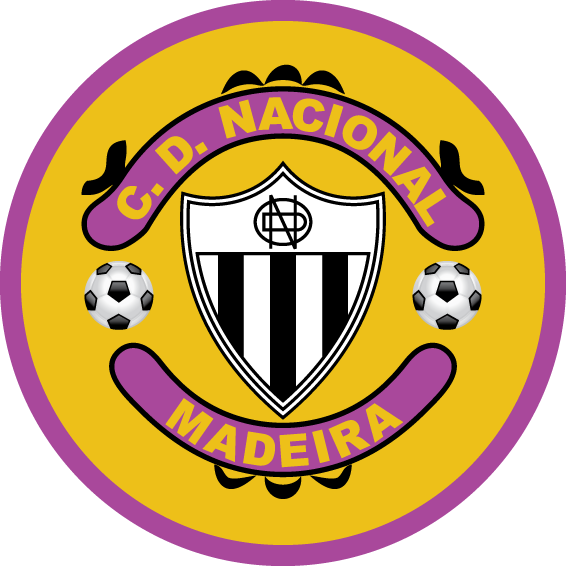
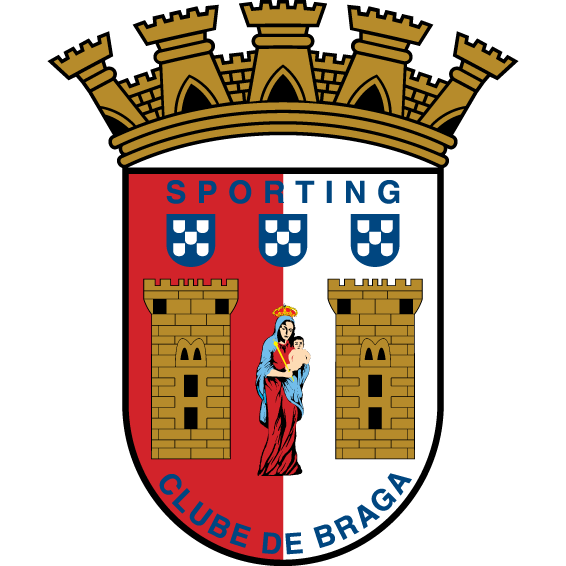
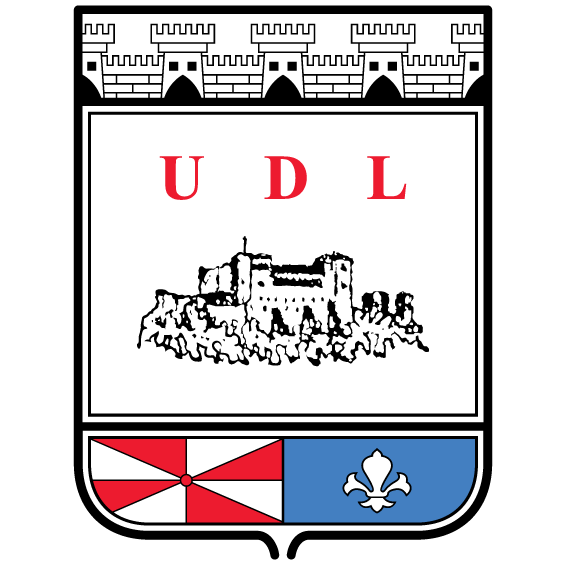
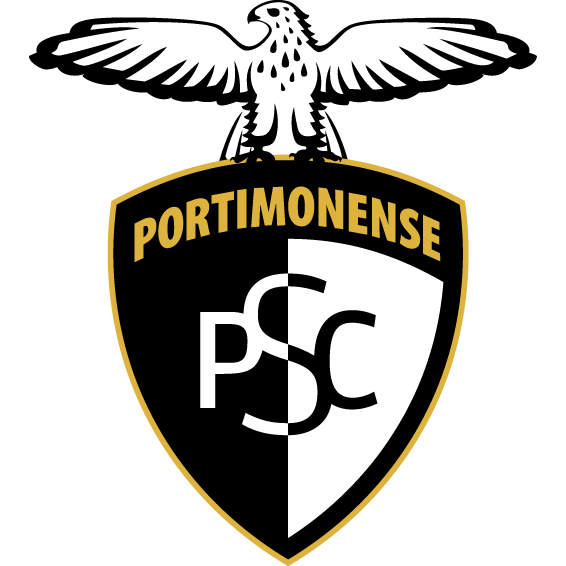

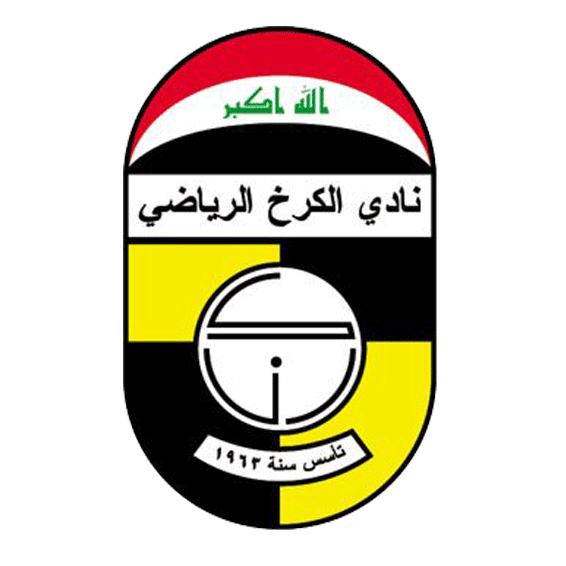

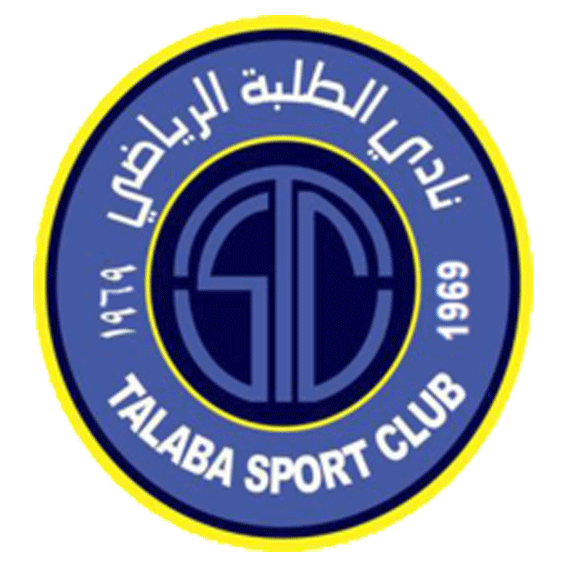
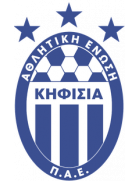
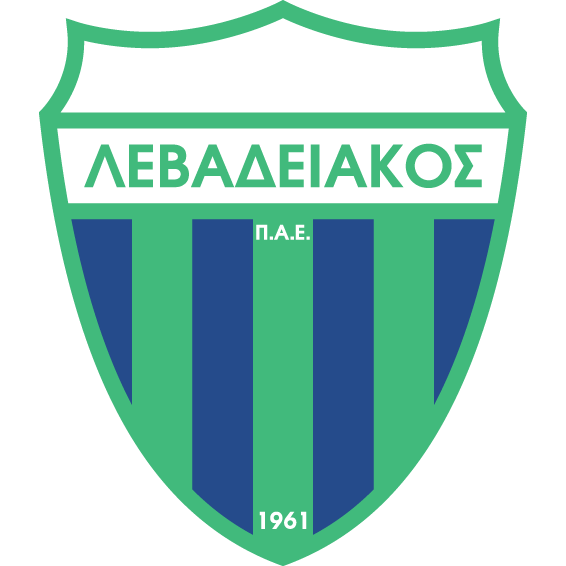
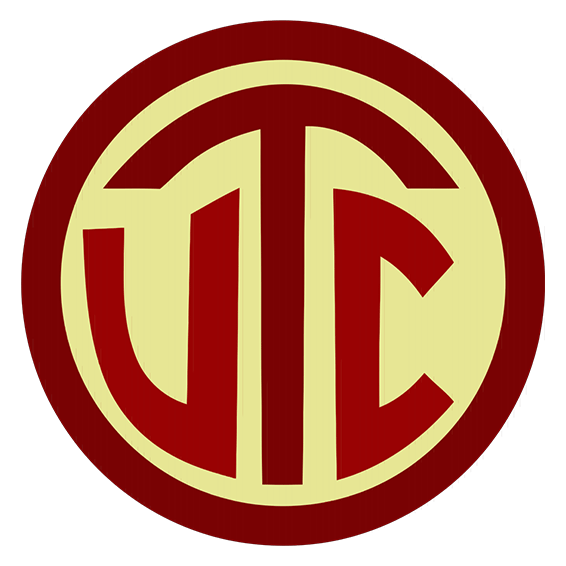
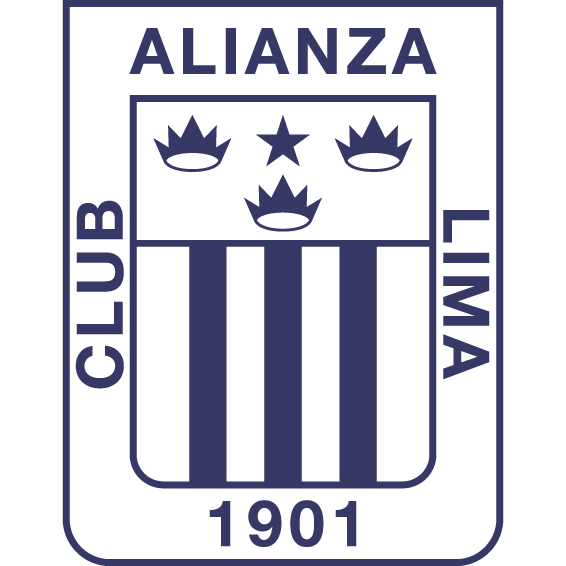

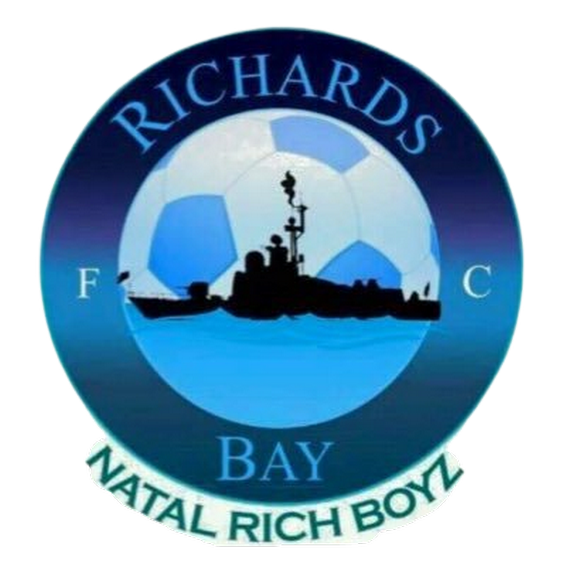
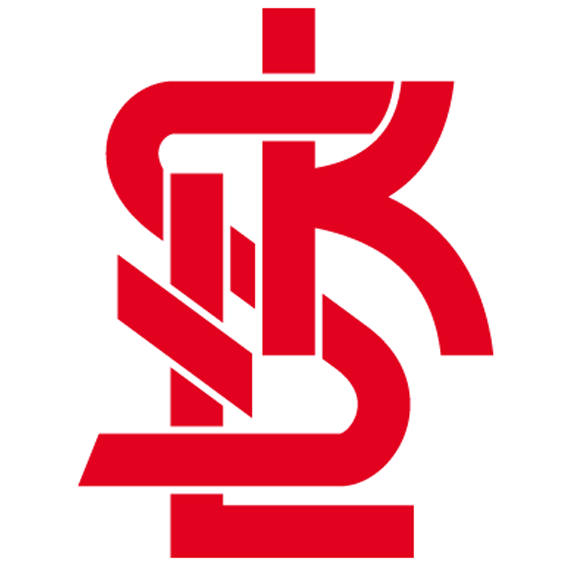

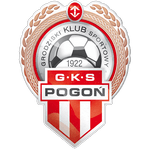
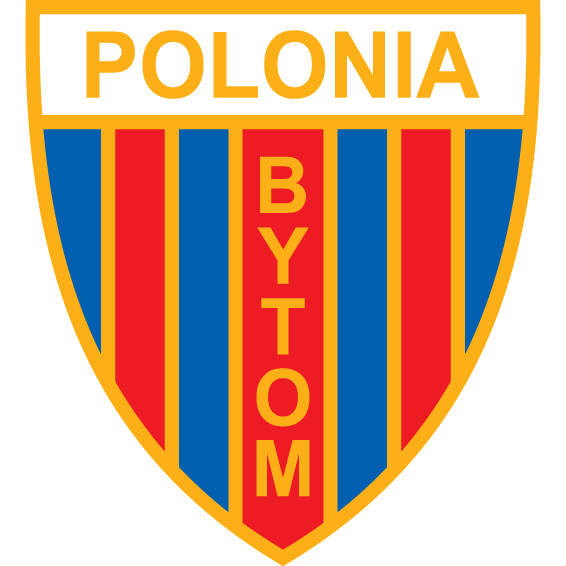
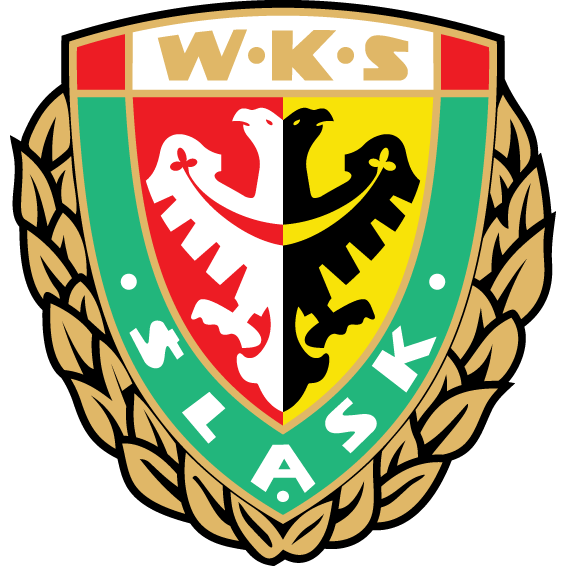
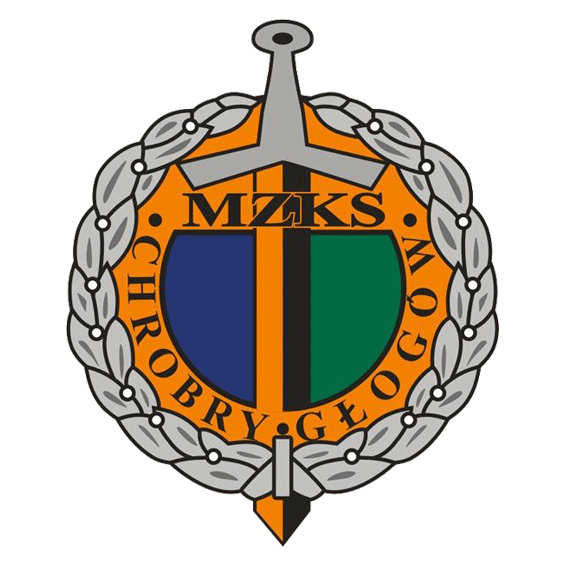
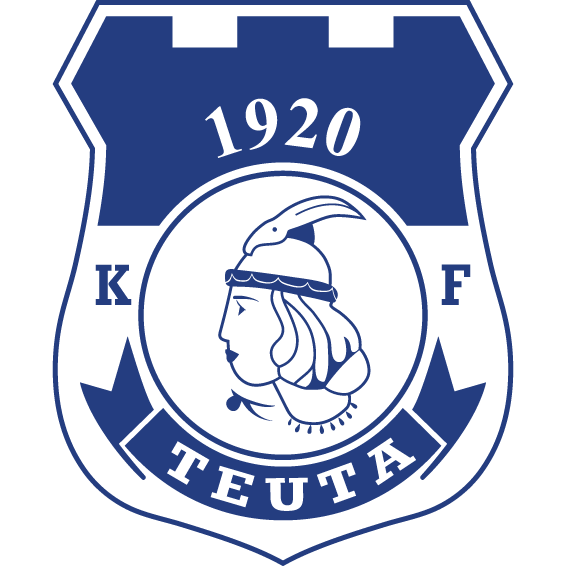
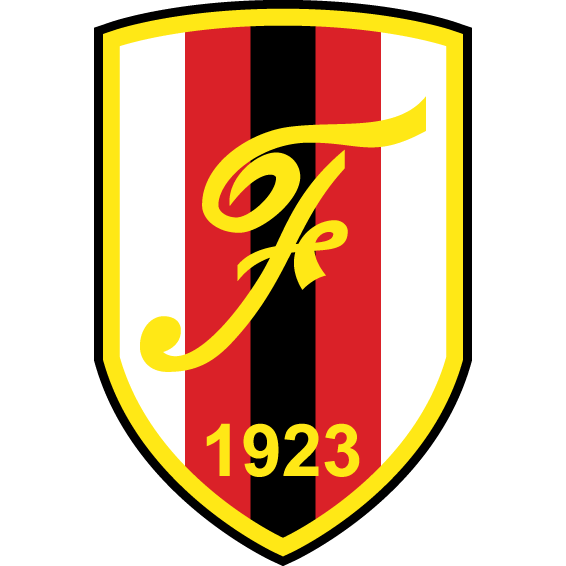
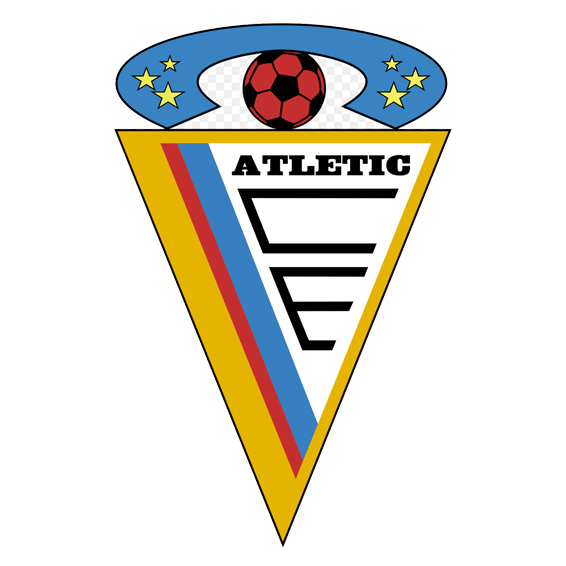

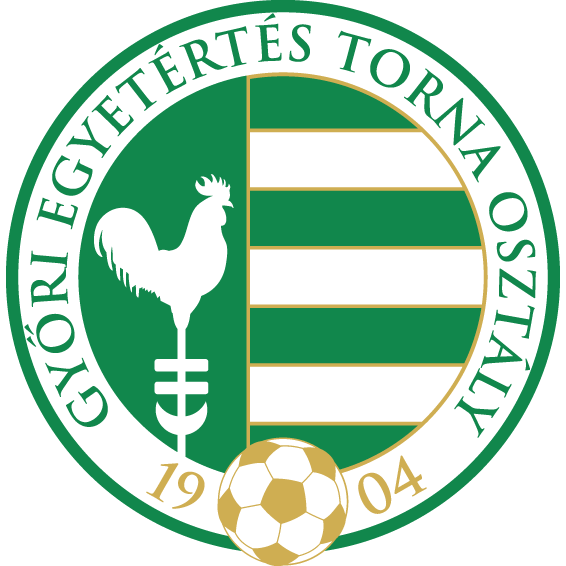
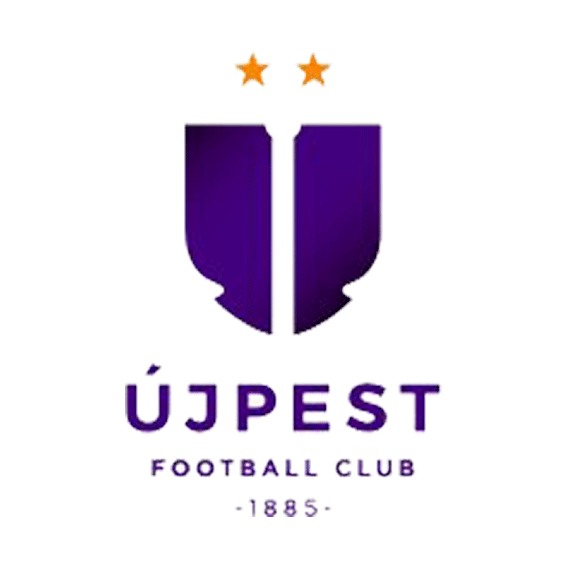
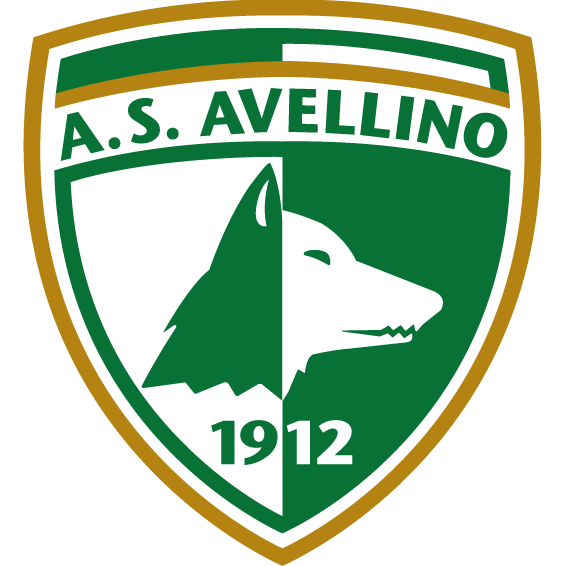
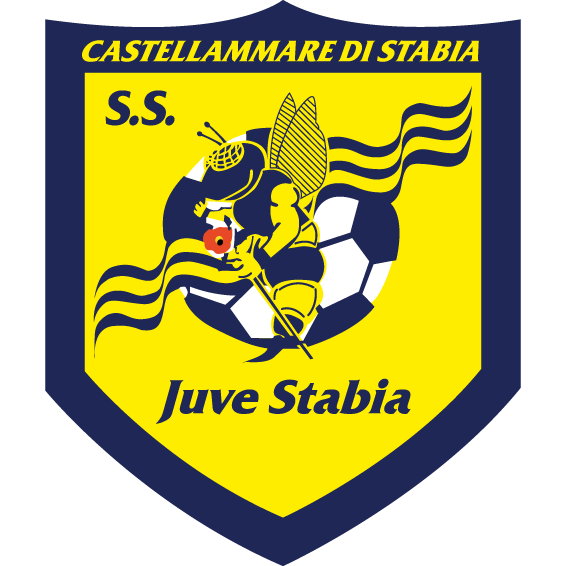
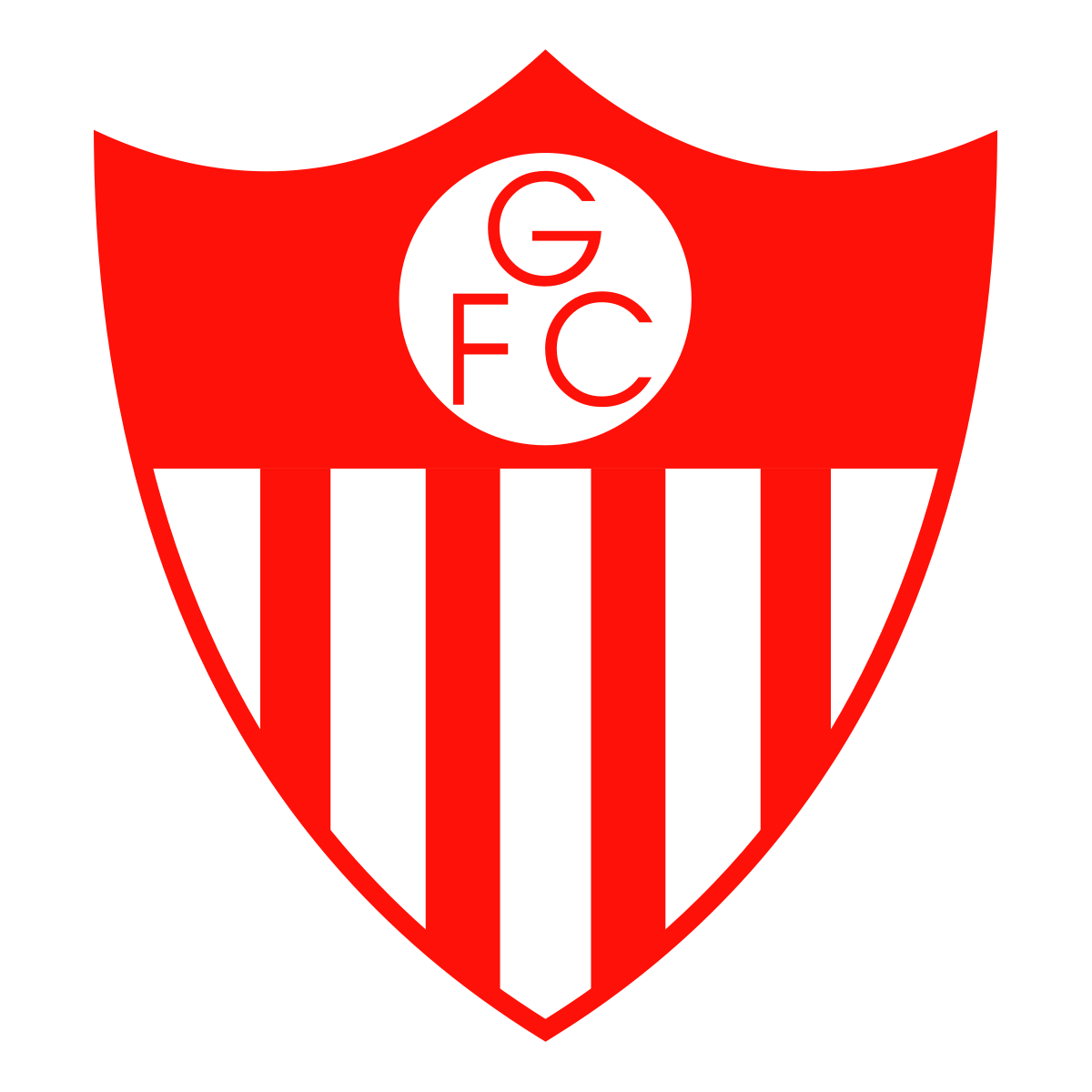
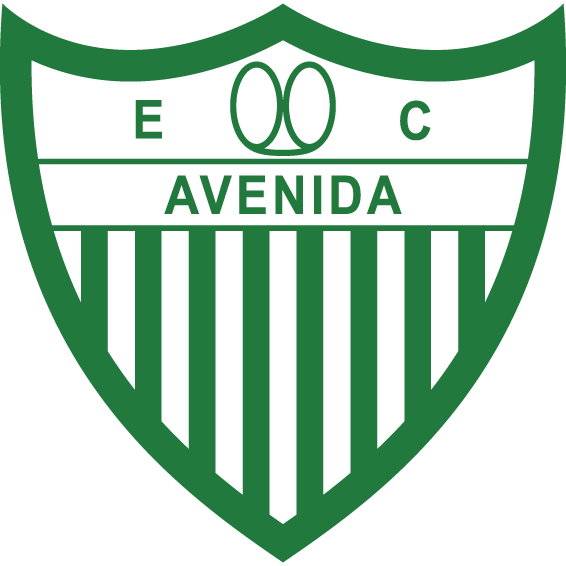



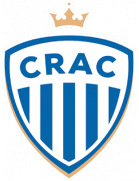
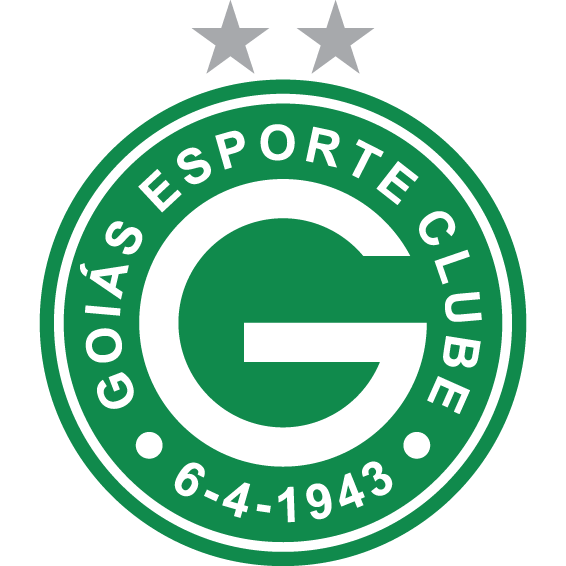
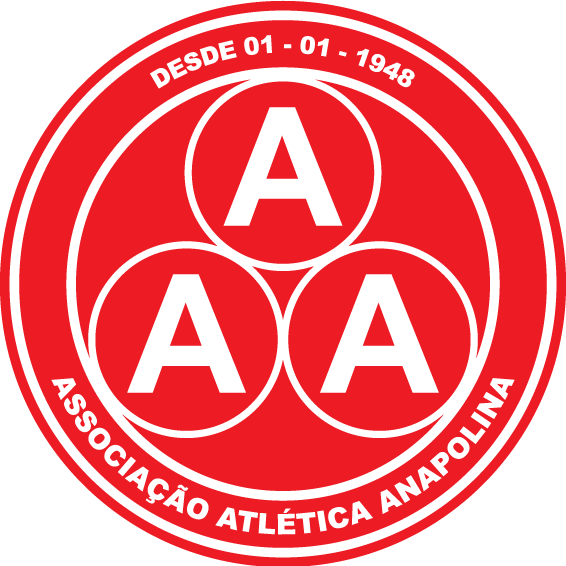
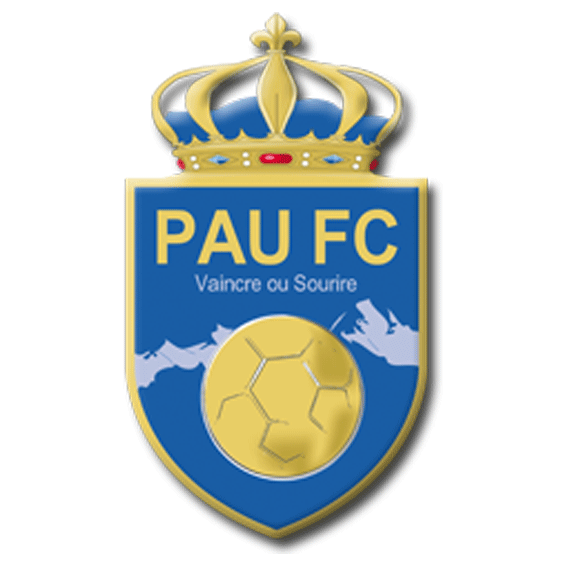
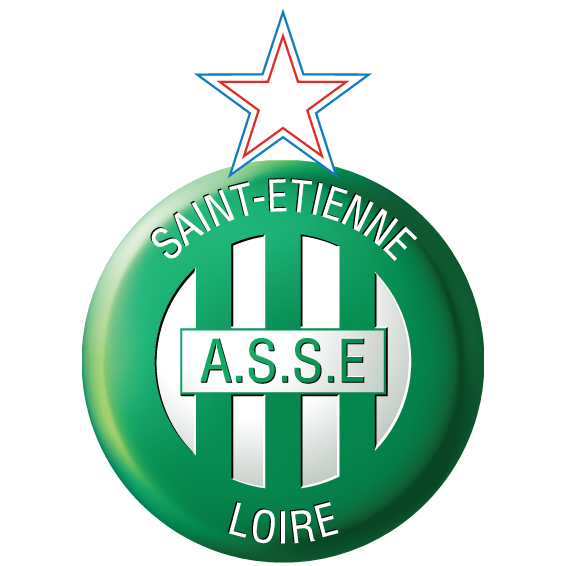
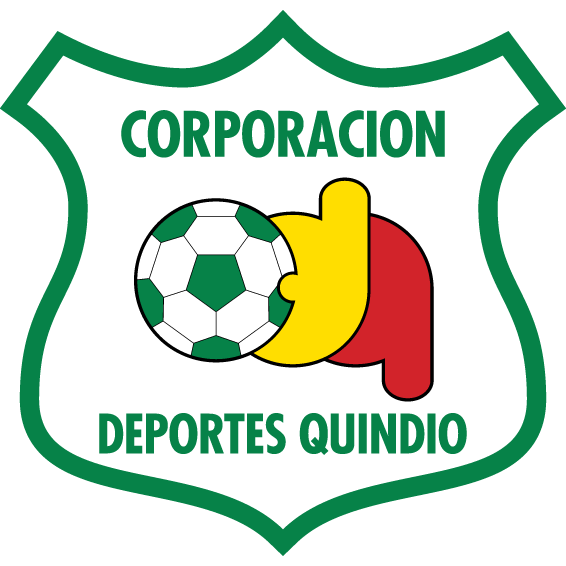
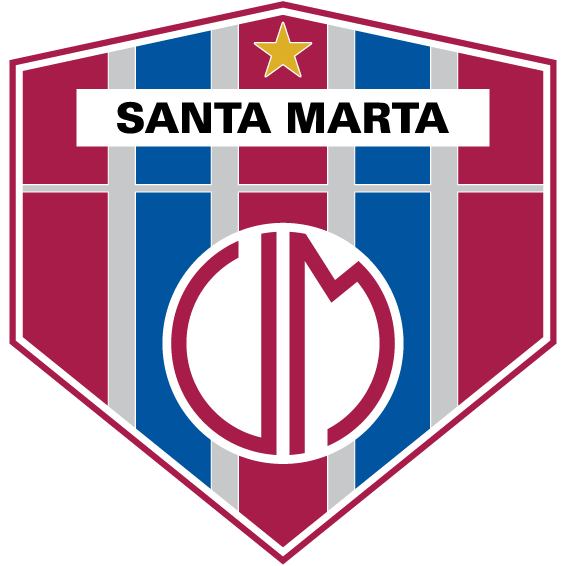

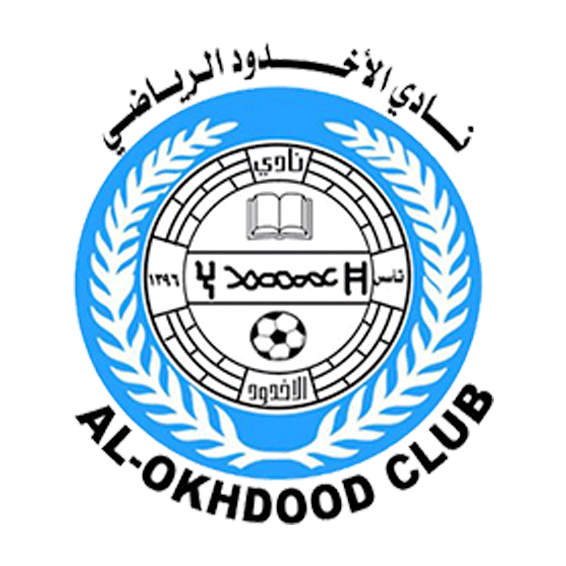
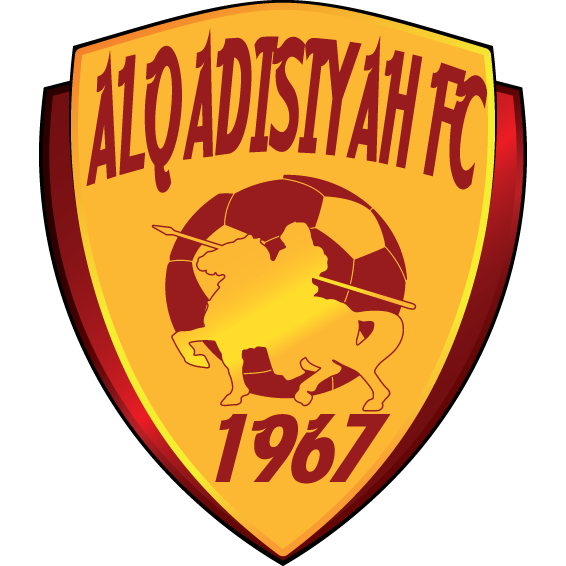
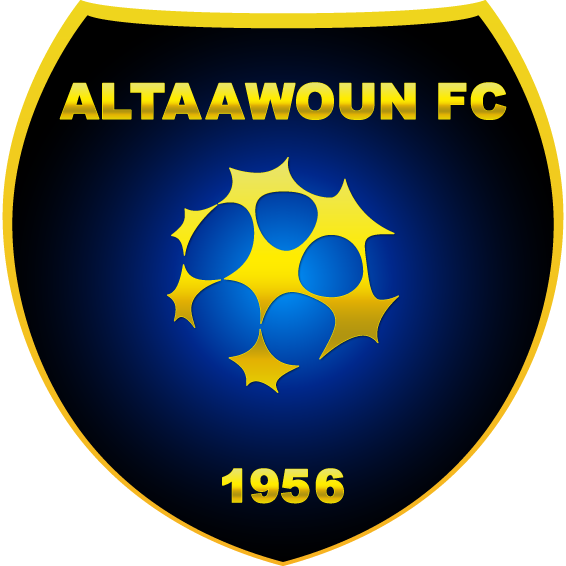

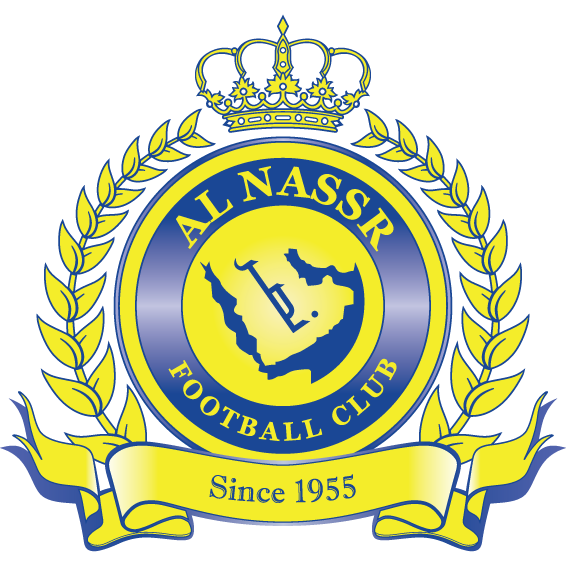

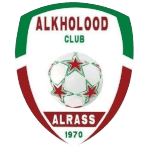

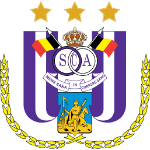

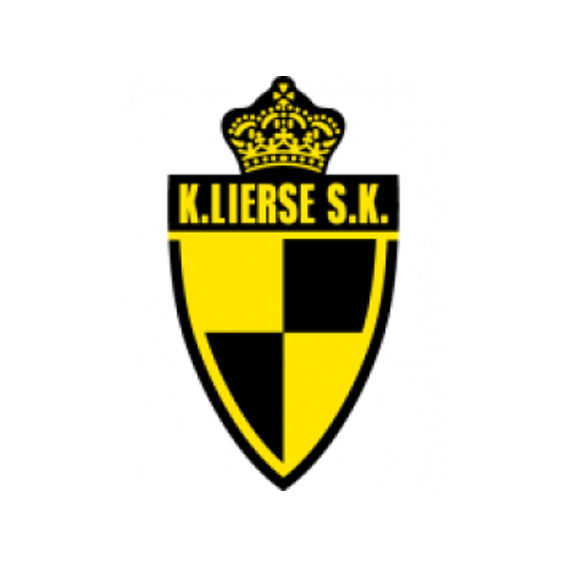


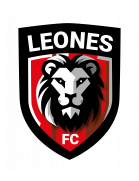
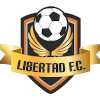
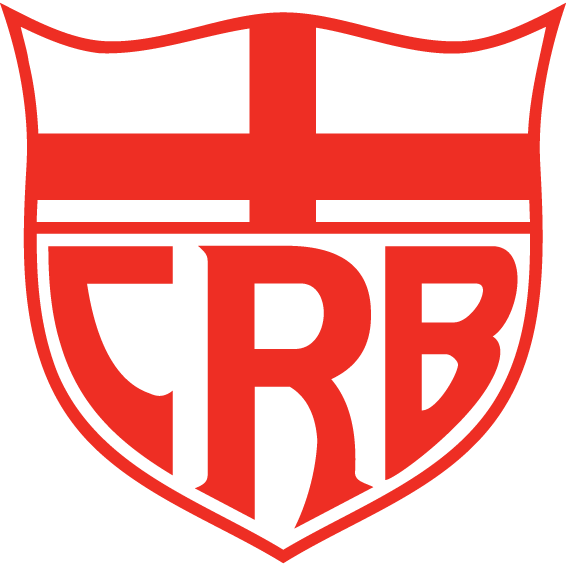
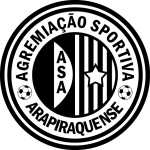
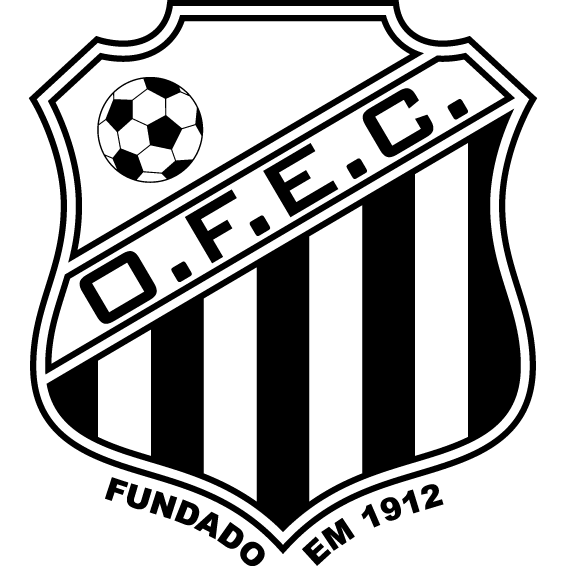
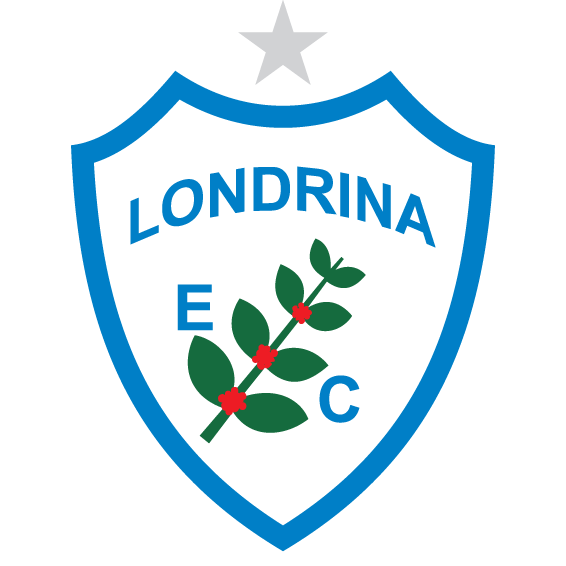
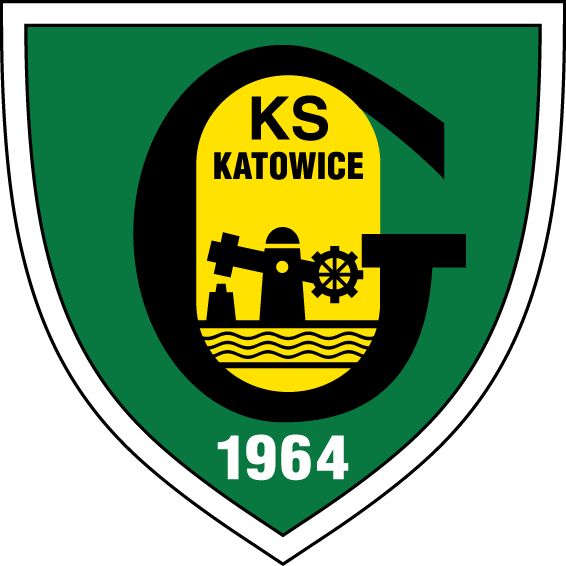
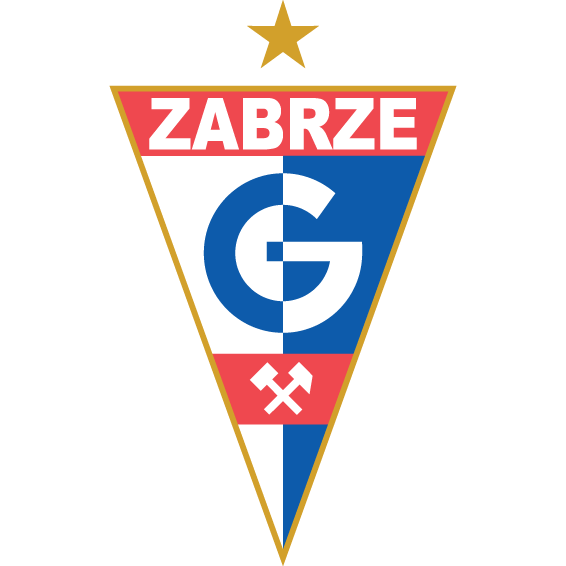
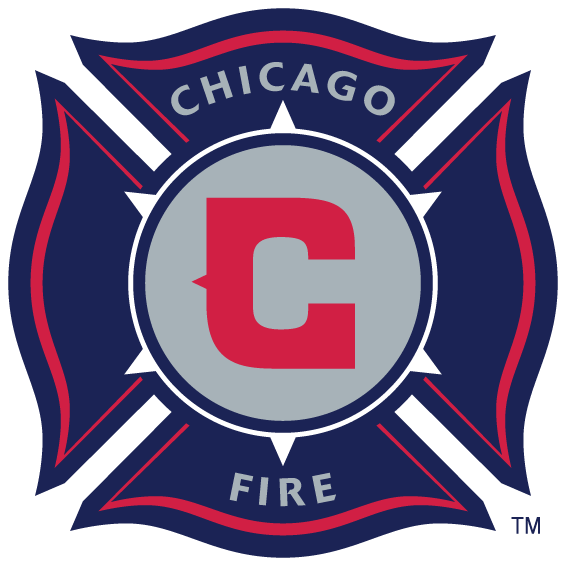
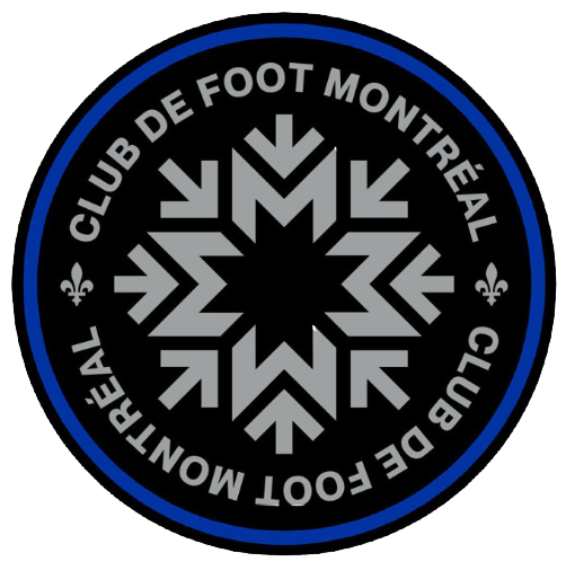
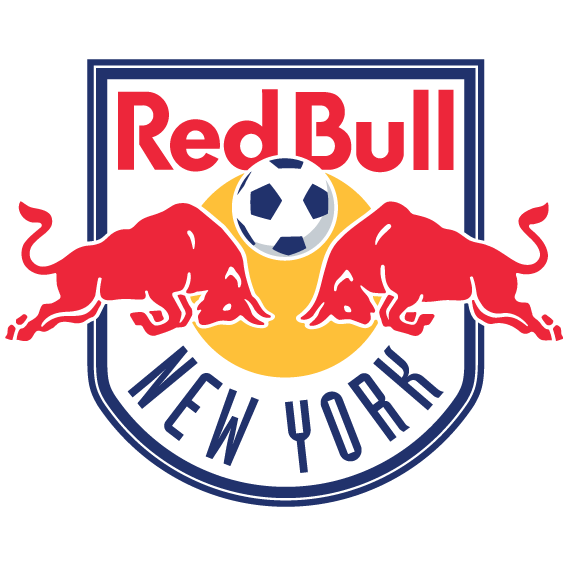
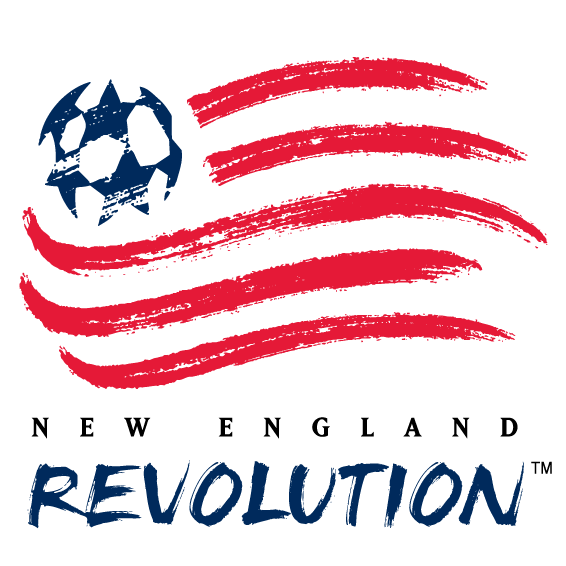

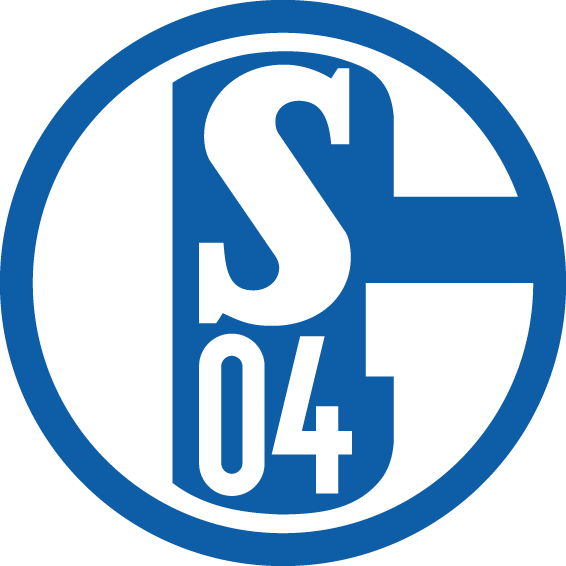
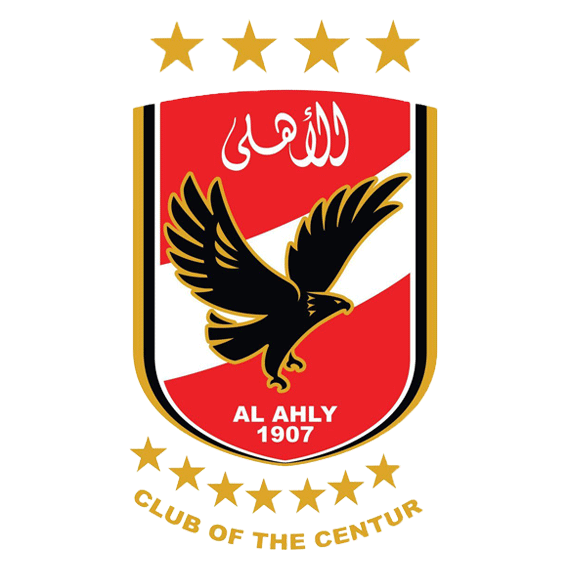
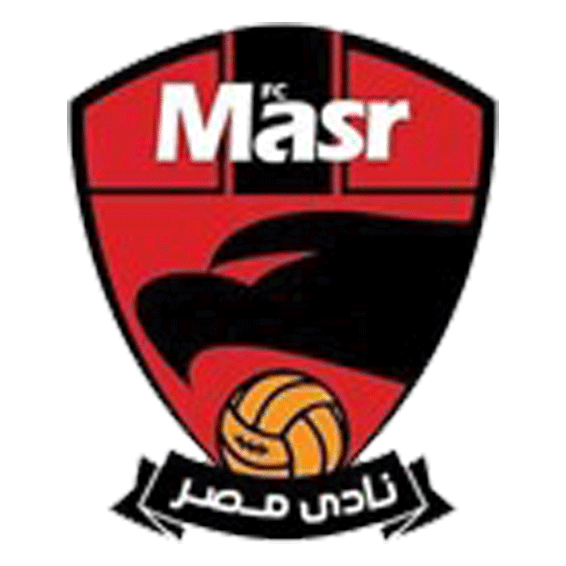
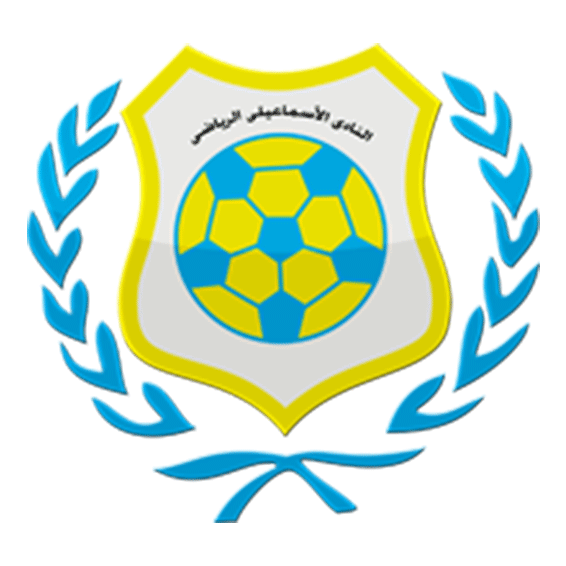
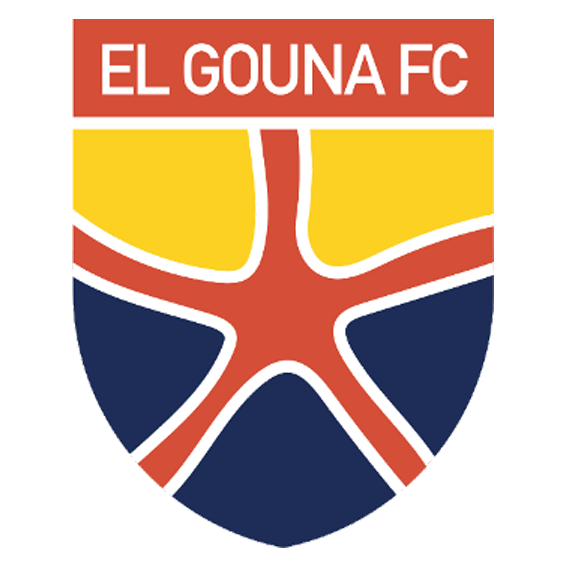





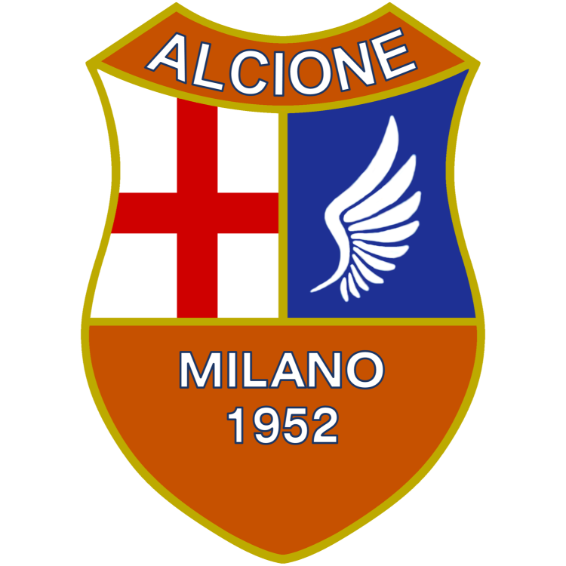
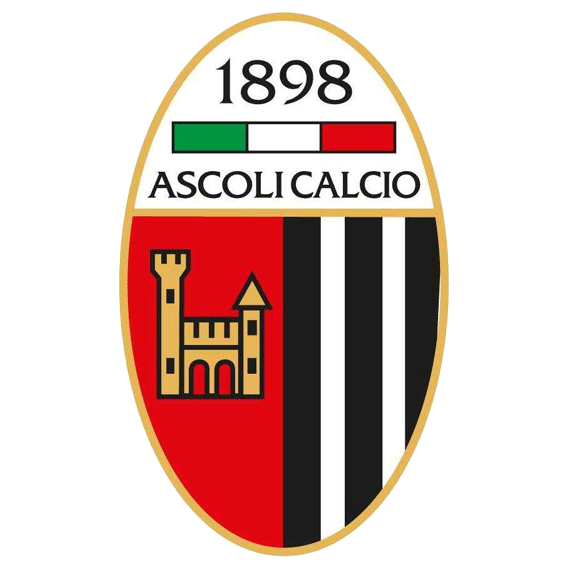
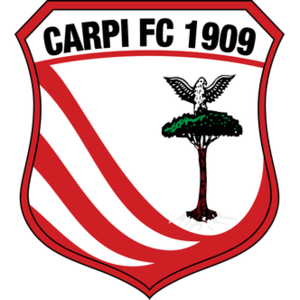
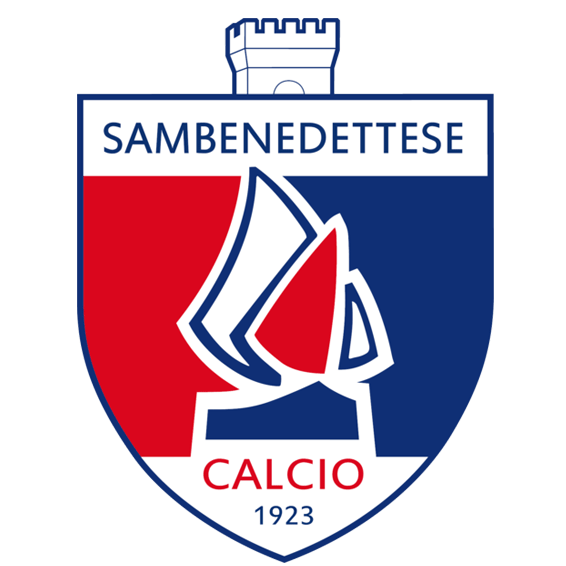
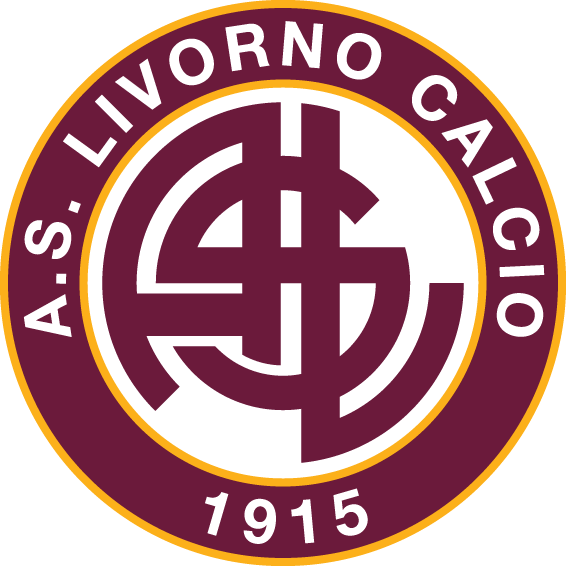
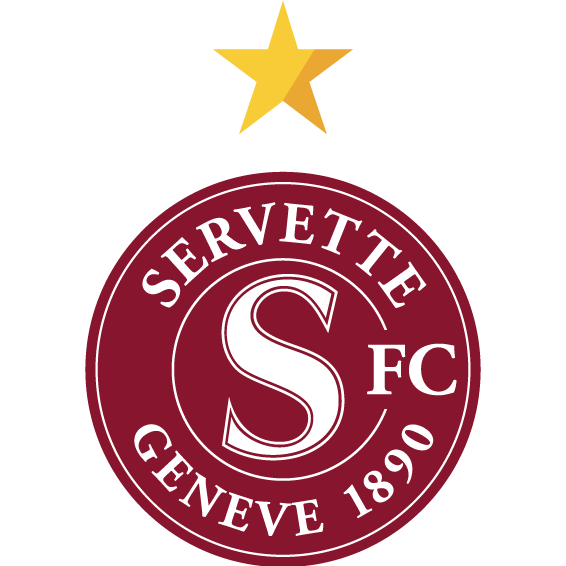
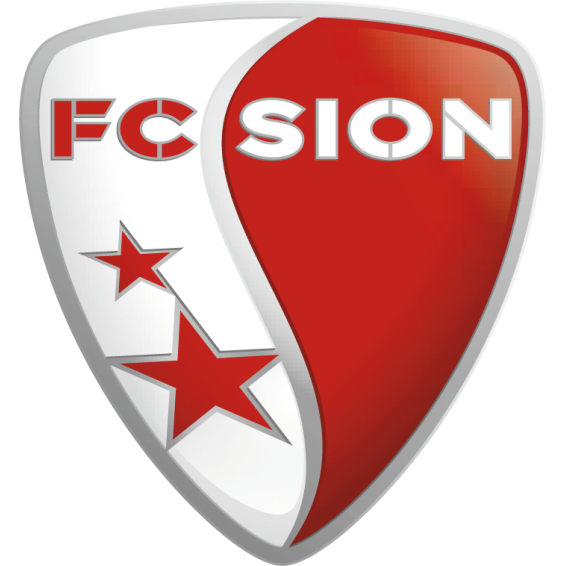

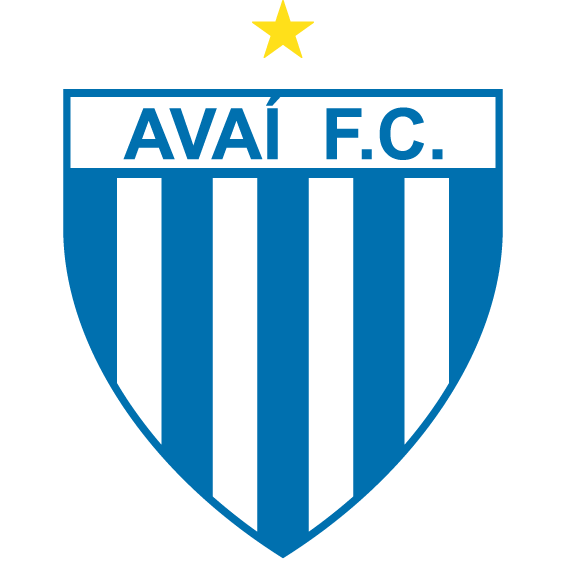
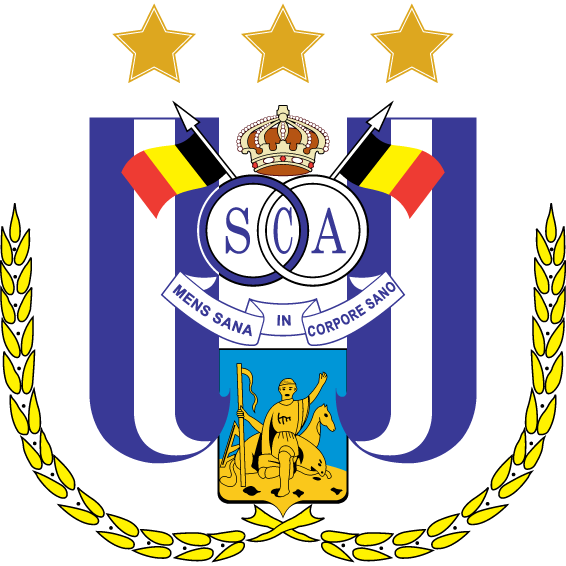

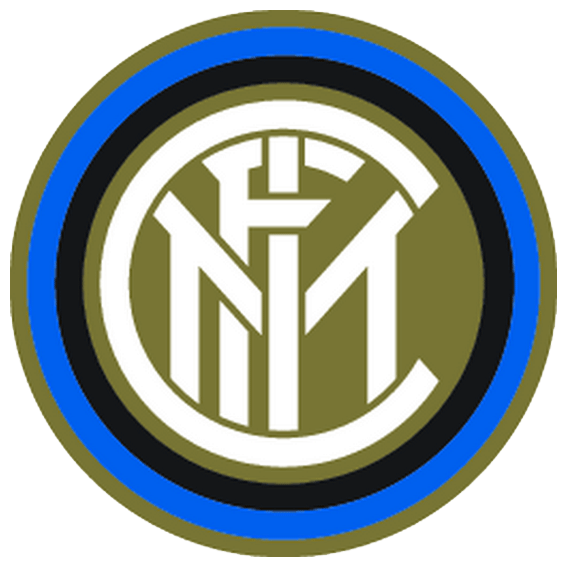
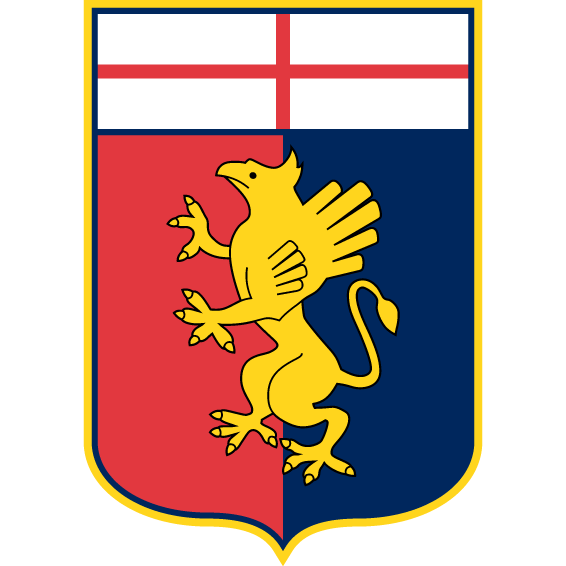
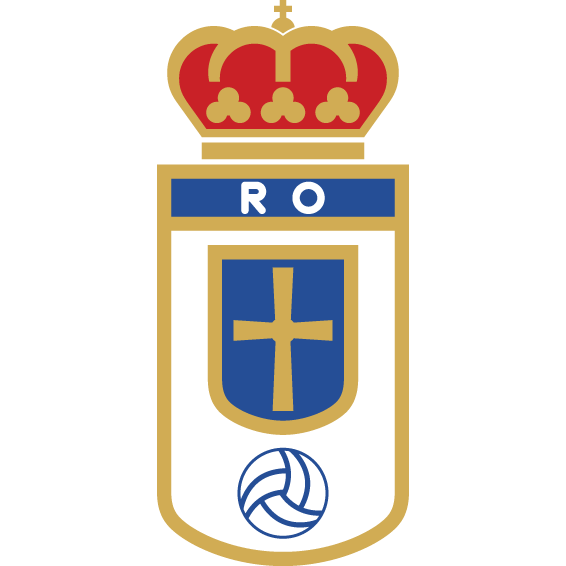
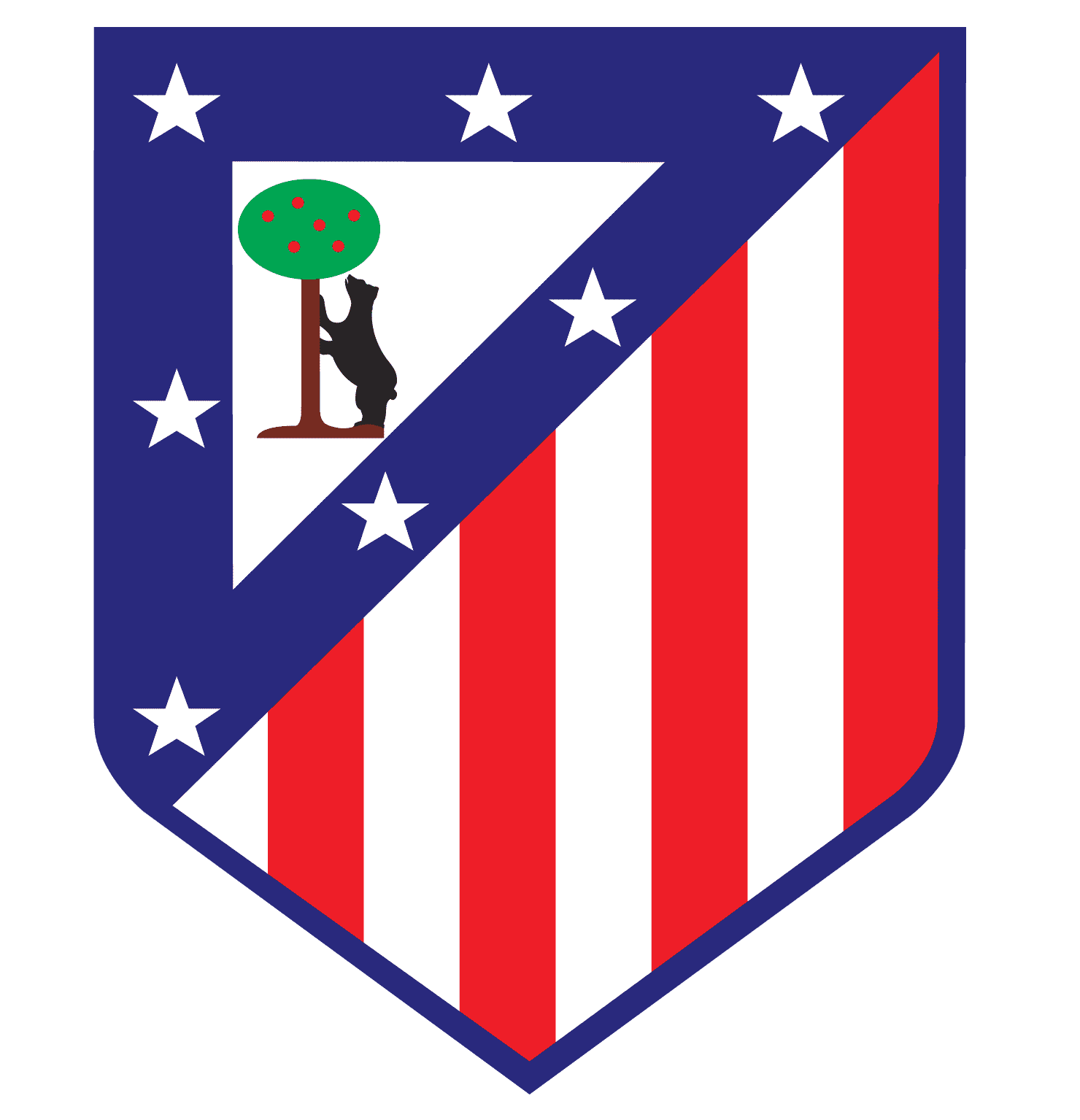
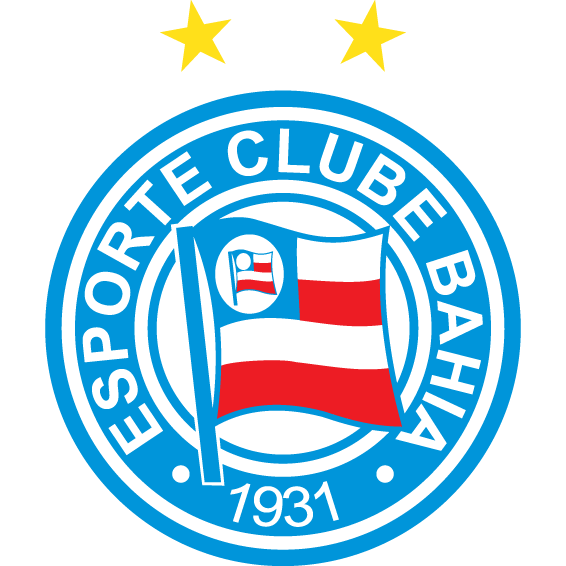

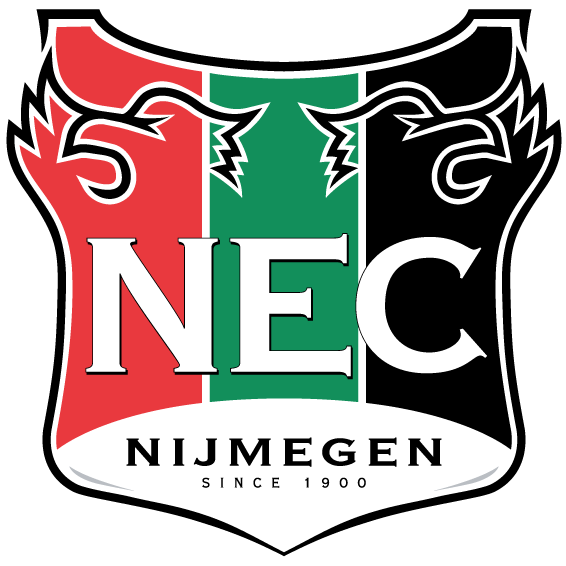
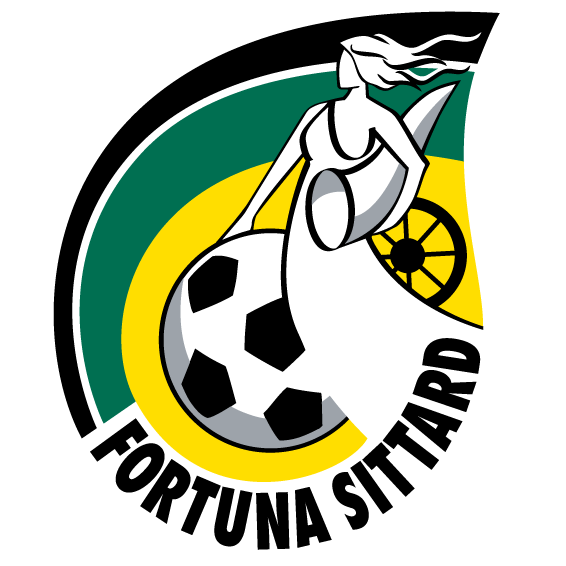

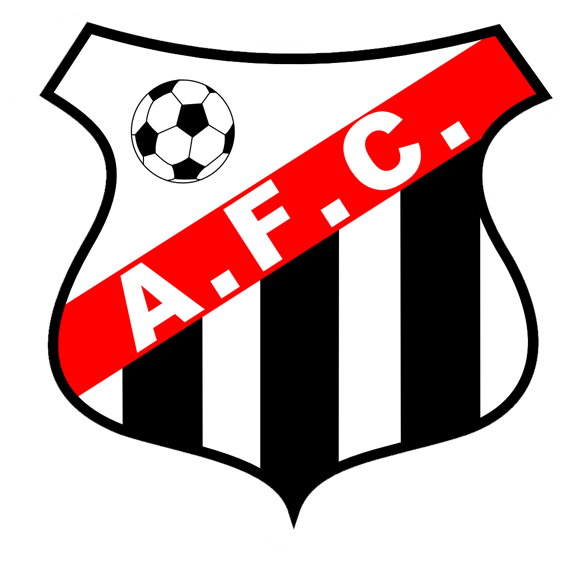
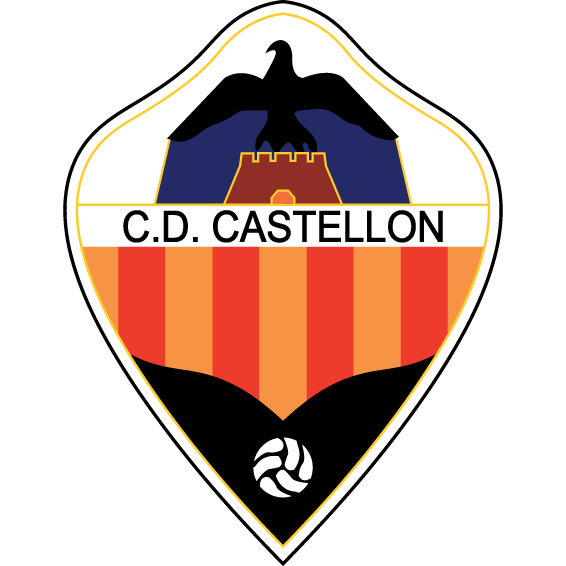
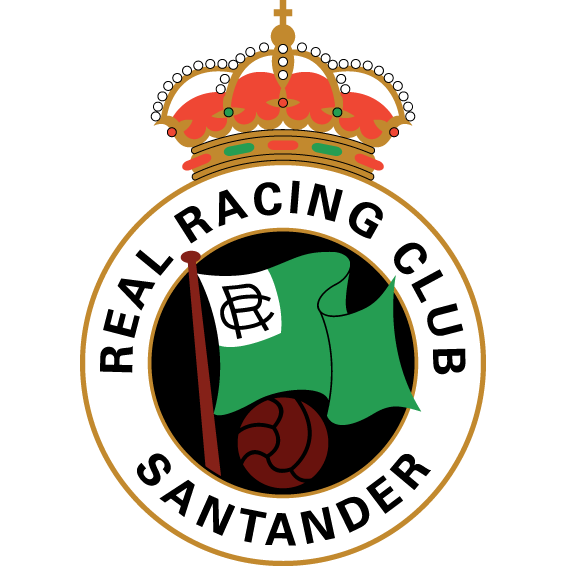
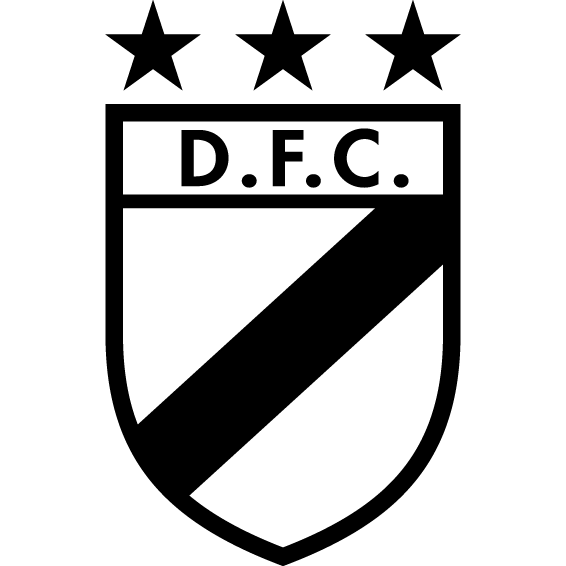
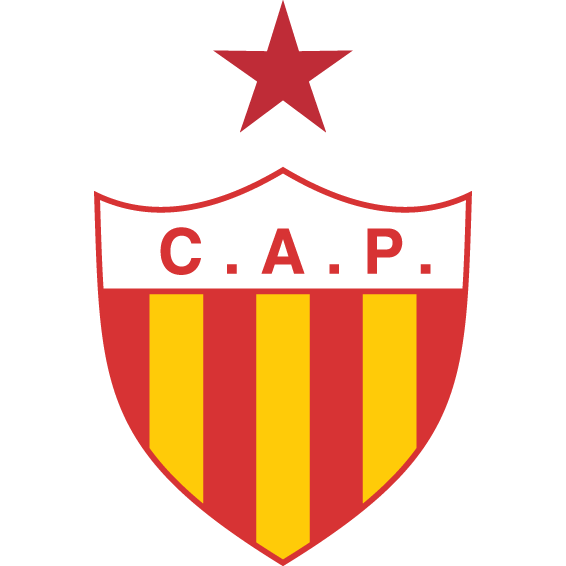
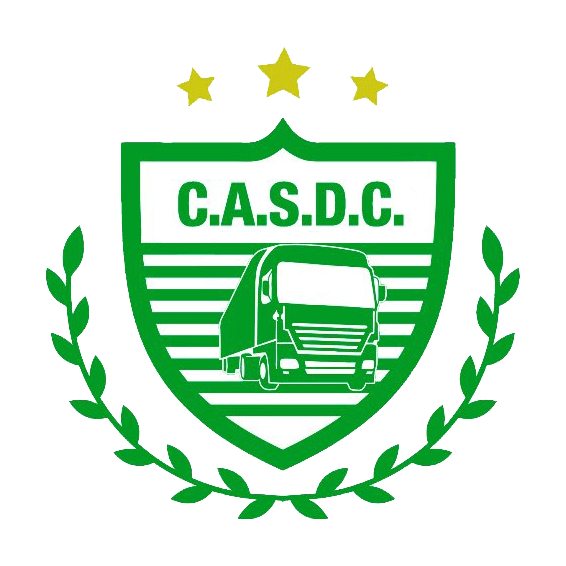
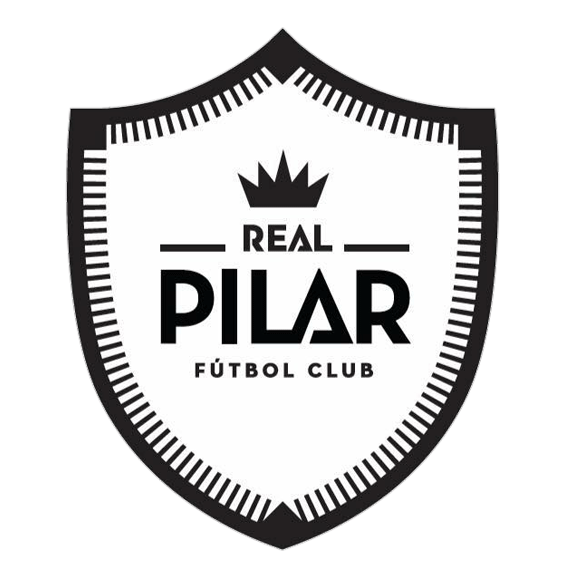

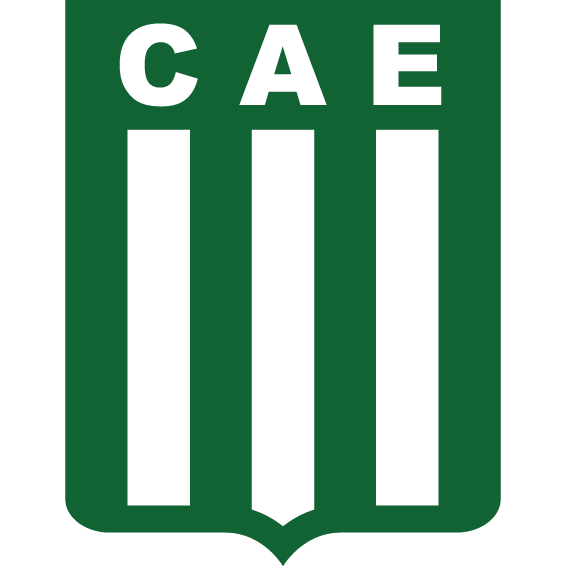
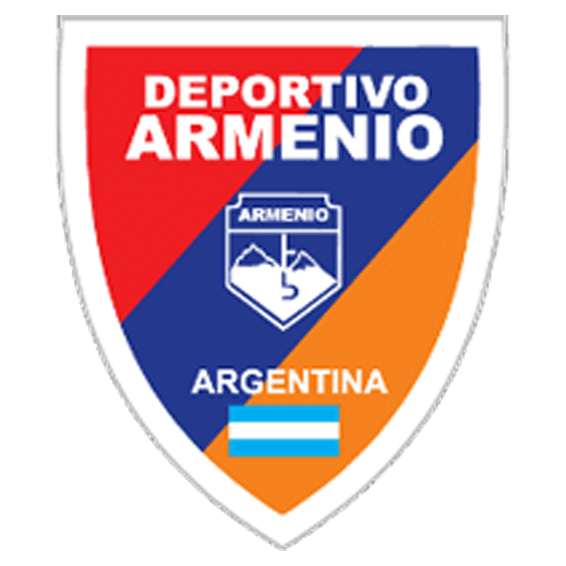
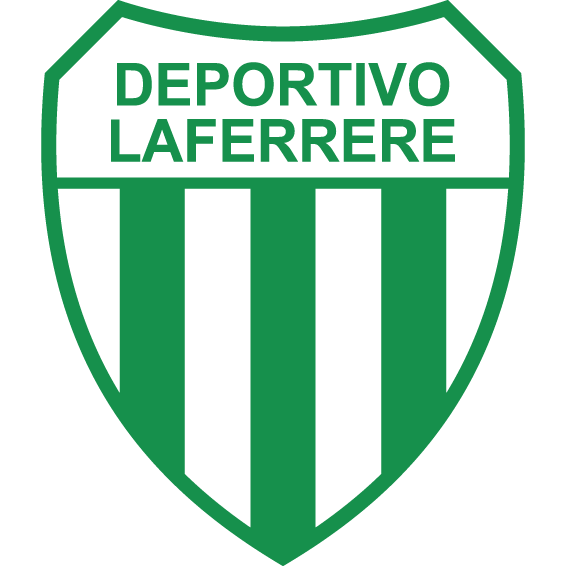

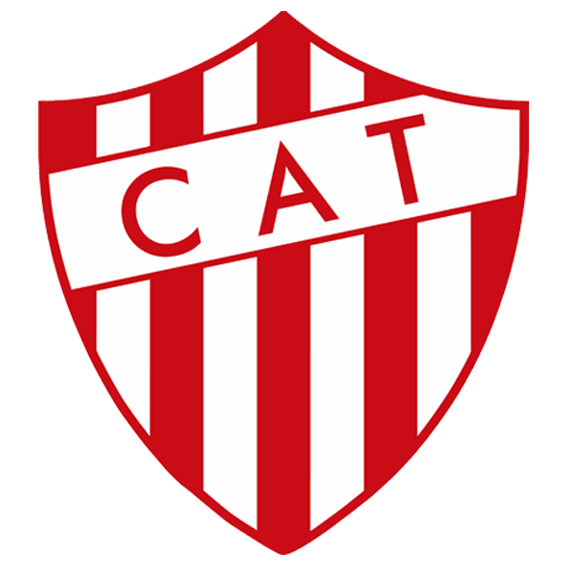
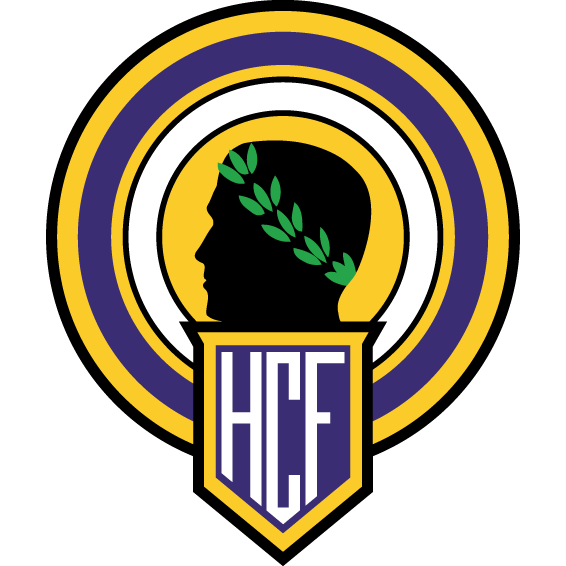
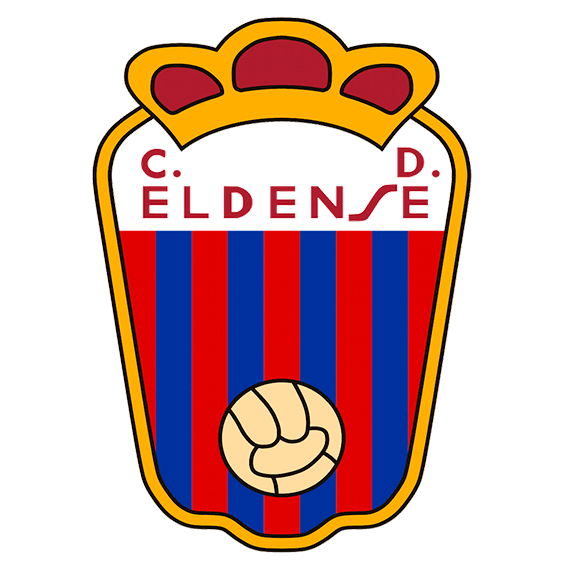
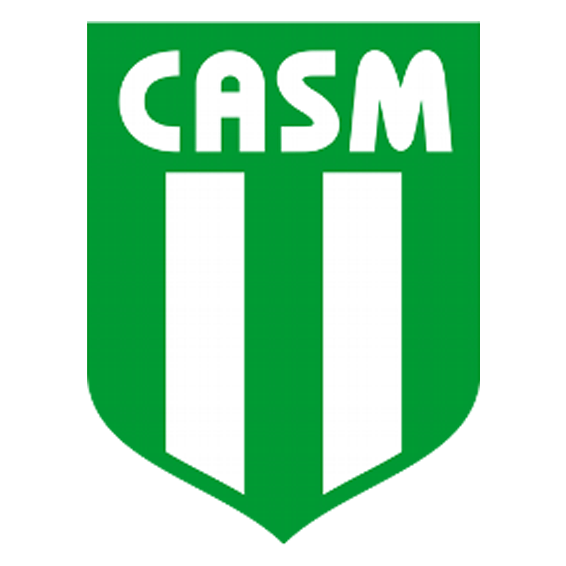
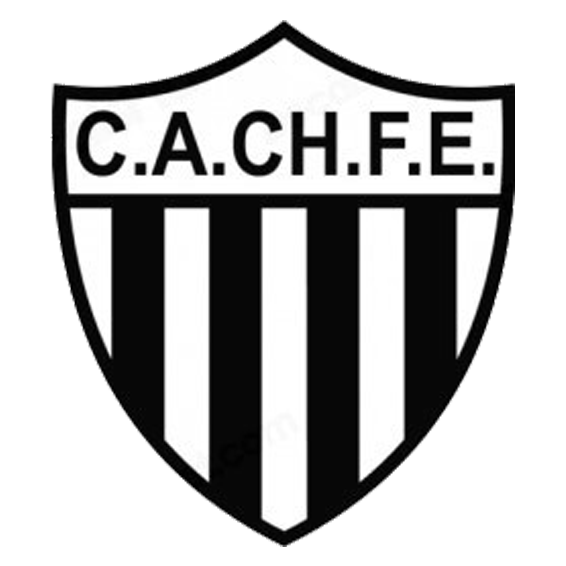
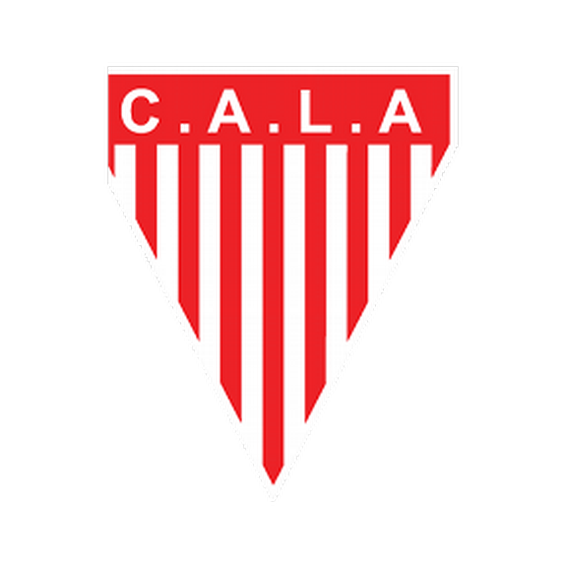
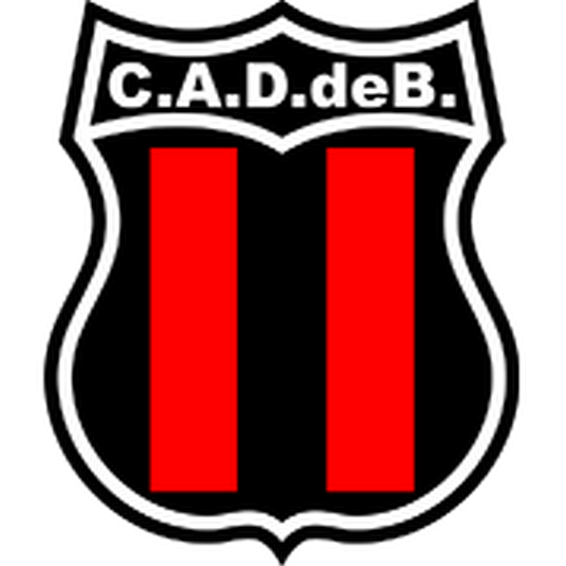


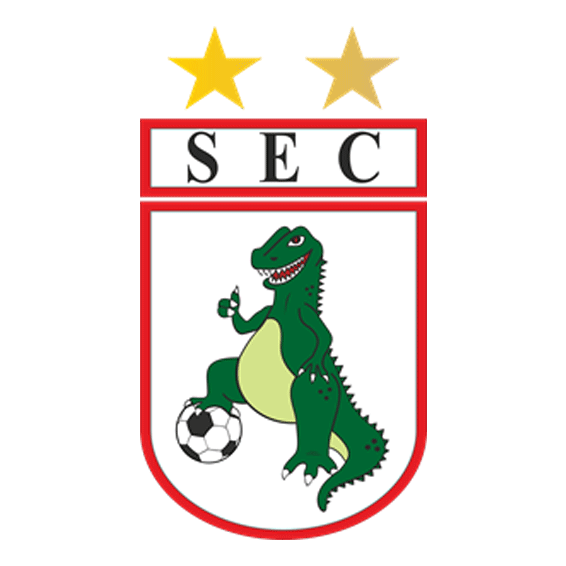

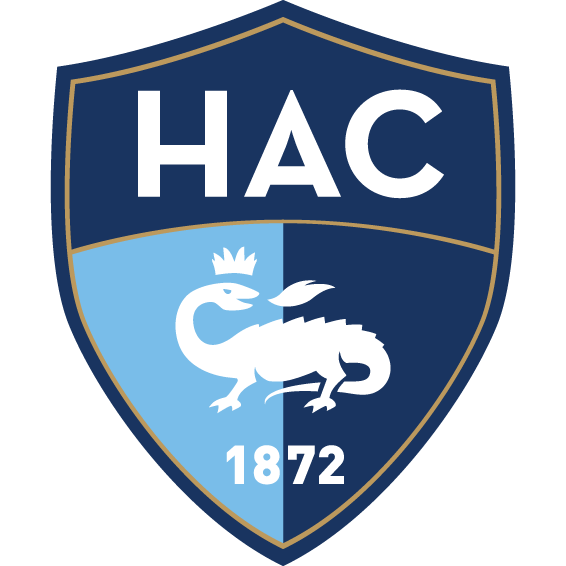
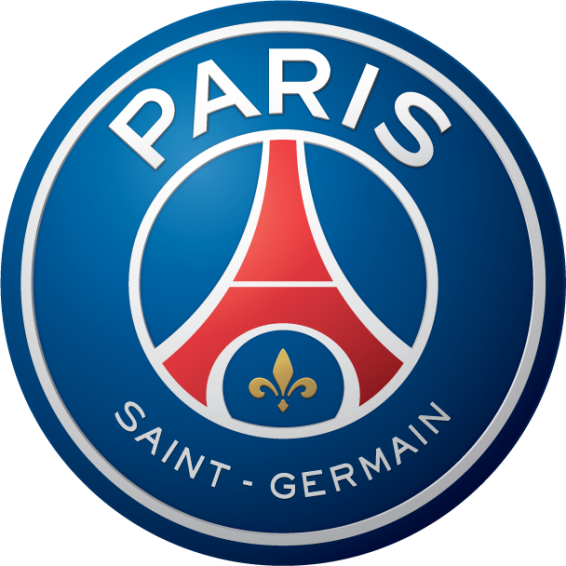


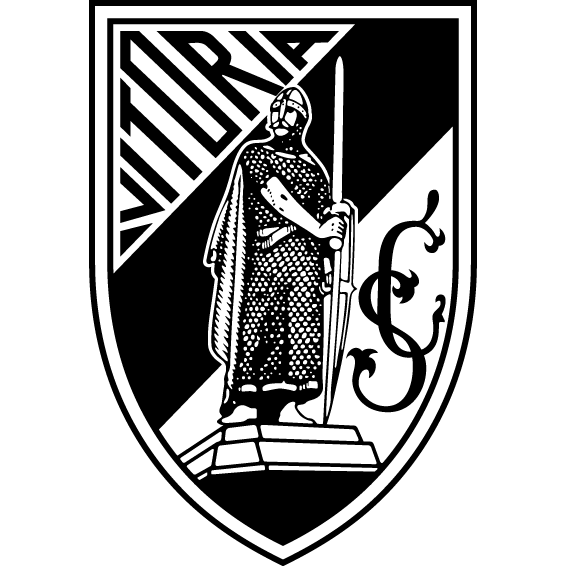
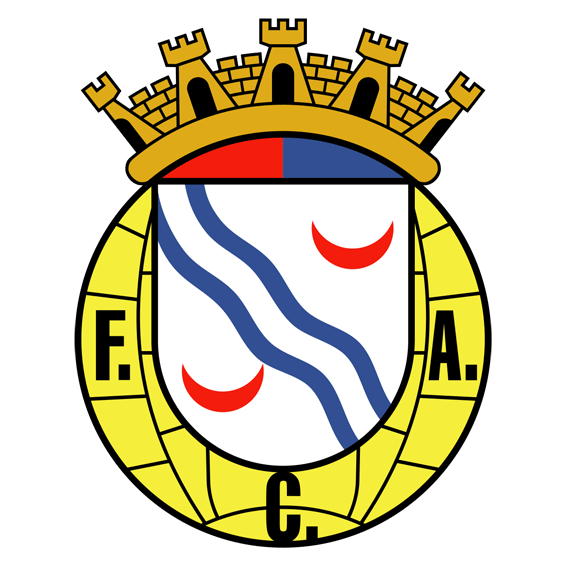
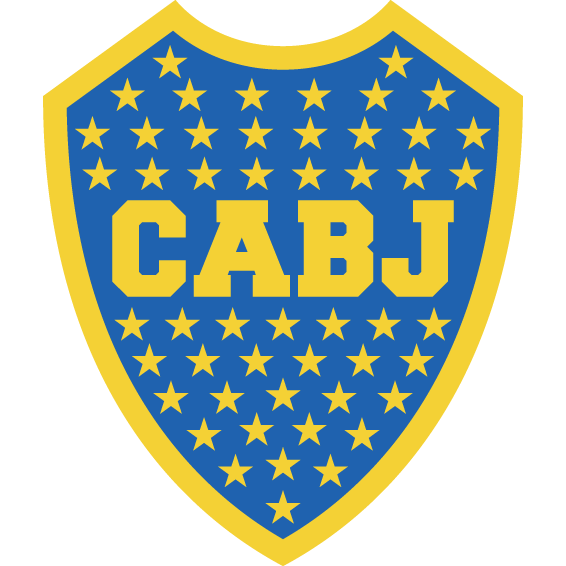
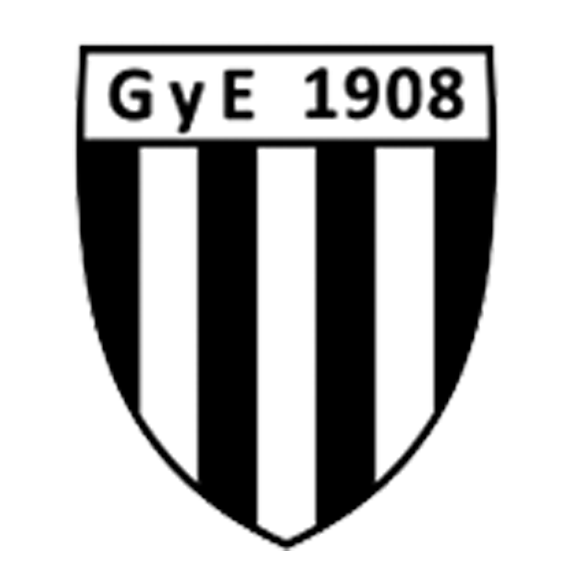
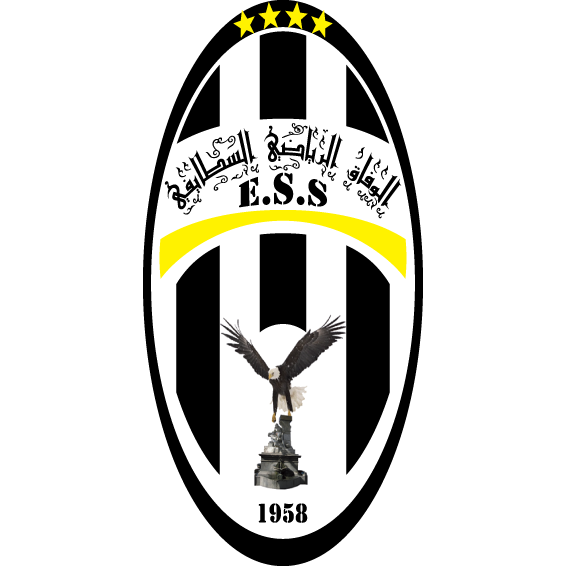
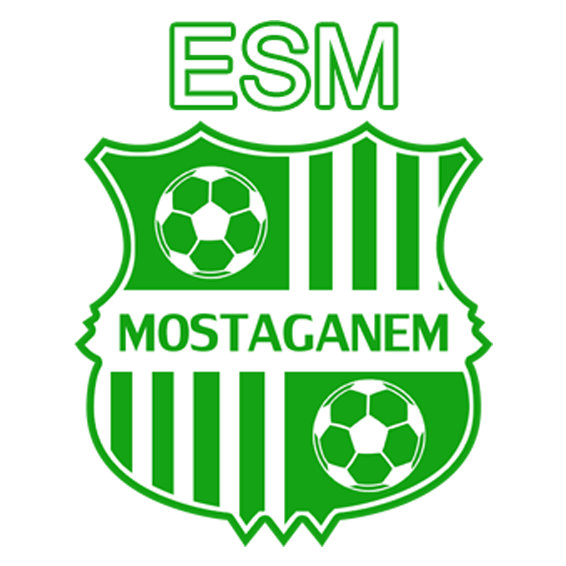

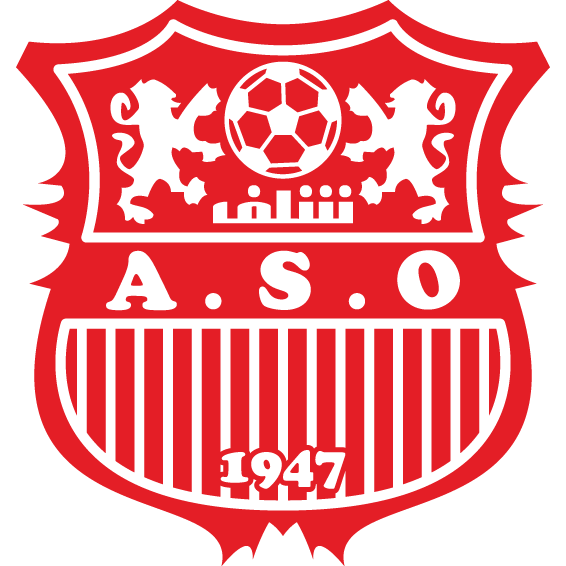
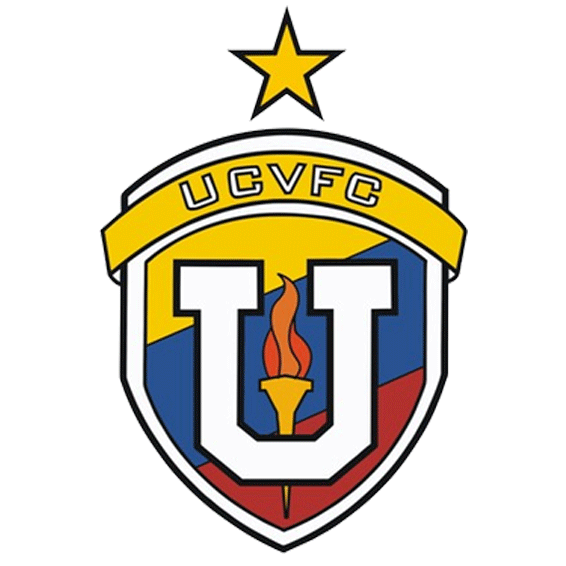
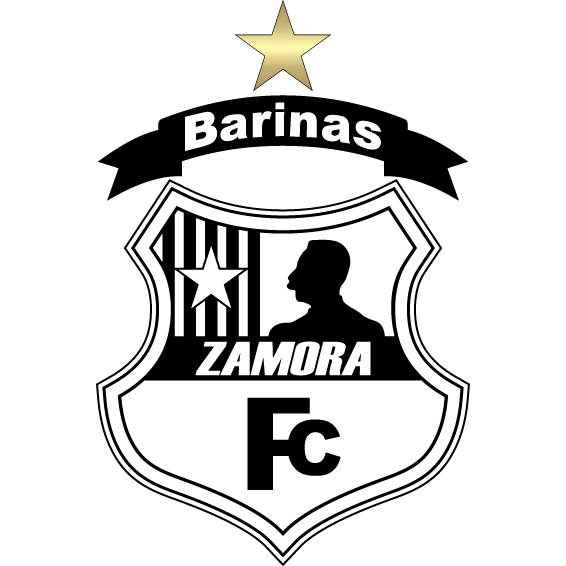
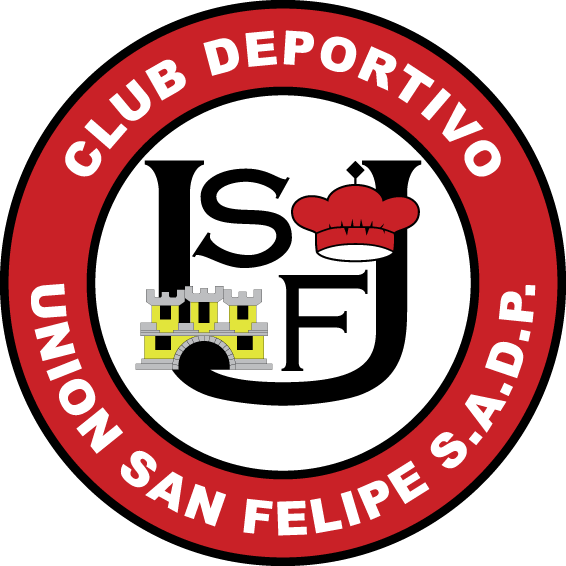
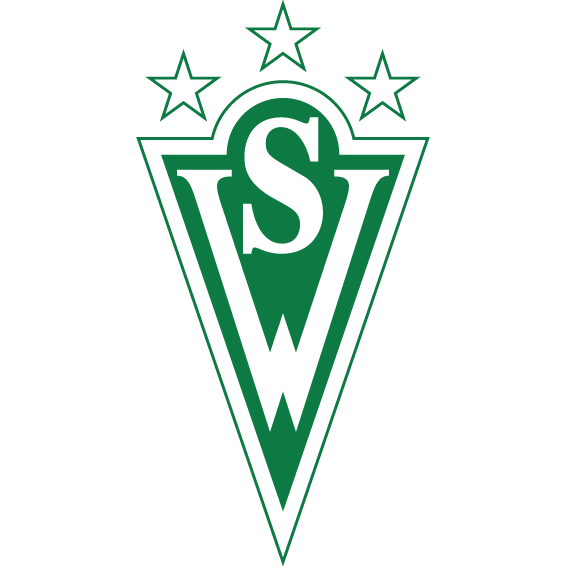
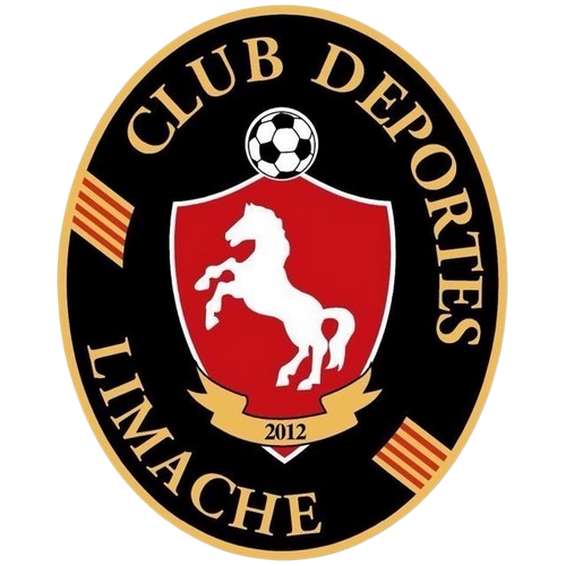
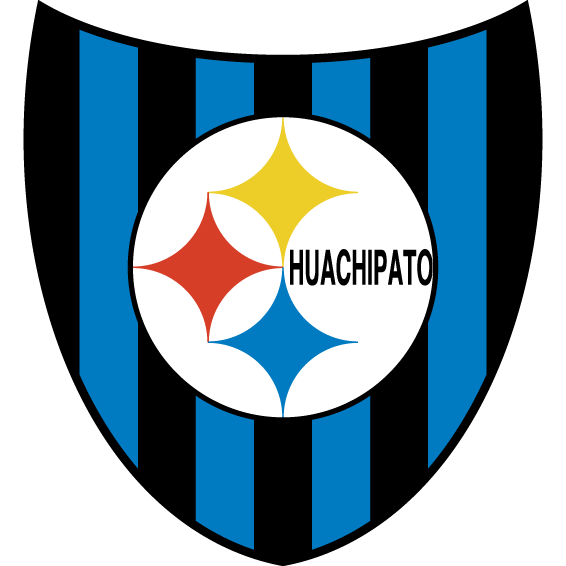
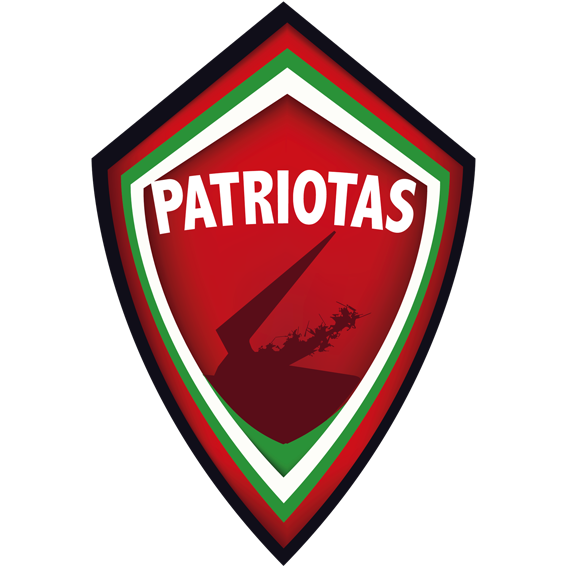
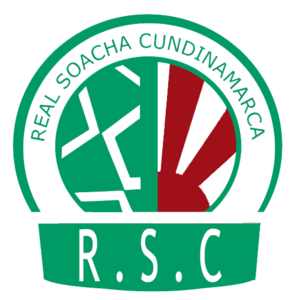























There are no comments yet. Be the first to comment!